The Odds Are Stacked Against Local Artists
Daegu Creator Jung Hee Yun On the Setbacks and Successes of Her Extensive Career
Jung laughs over her early years of being an artist while taking a quick coffee break: “I had so much fun during those early years – that being said, the earlier moments of my career are like high school for me. I enjoyed it, but I wouldn’t want to trade my current self and the lessons I learned along the way for my naive self!” Photo by Jade Lee.
August 30, 2022
Obsession is often mistaken as dedication or passion in Korea. It’s practically ingrained in society: popular cram school tutors urge their overworked students to drag their pencils or pens across their thighs if they’re feeling tired. Even the pandemic was unable to stop this manic craze behind the Korean idea of success. Quarantined students took the Suneung, the Korean SAT, in their hotels to avoid “being left behind.”
While the amount of effort put into being seen as “successful” pays off, the extreme lengths taken to become successful within Korean society has led to depression rates among adolescents skyrocketing over the past couple of years, with teens feeling lost and hopeless more than ever before.
“My biggest goal in life is to see if there’s a way for me to change the way the public perceives success through my career as an artist: it’s been a long-term project of mine since high school!”, remarked Jung Hee Yun, a Korean artist, as she carved the final etch on her bronze plates that were a part of her recent exhibition, On My Mode.
What is the stigma around art in Daegu?
Most people are conservative. When you say that you plan to study art, people often think you chose this path because you didn’t do well in school. I think that’s actually a stereotype that hasn’t changed since when I was a high school studentㅡand that was more than thirty years ago!
It must have been hard to follow your instincts when the odds were against you. When did you decide that you wanted to become an artist?
My middle school was actually near a fine arts high school. For some reason, our soccer field and their soccer fields weren’t too far away from each other, and I would always see the students taking out their easels on the field to paint the landscape. Through rain or the sweltering heat, those students drew out in the open for hours on end. By lunchtime, they were still painting. I always admired their dedication and the amount of effort they took to great lengths to complete one project.
Since then, ever since I came back home from school, I would pick up a pencil and attempt to mimic them by drawing still life. My mom scolded me day and night for not focusing on my studies, but it came in one ear and slipped out the other. I was so happy with the progress I slowly made, and the disapproval regarding my future from my parents and teachers suddenly didn’t matter at all, because I knew my purpose and I knew what I had to do to succeed as an artist. To this day, after about forty years since I first picked up a sketchbook, I have no regrets; I might have faced troubling times due to my career choice, but I’m very content with my life. I feel so grateful that I could take up my dream job despite restraints with financial and emotional support.
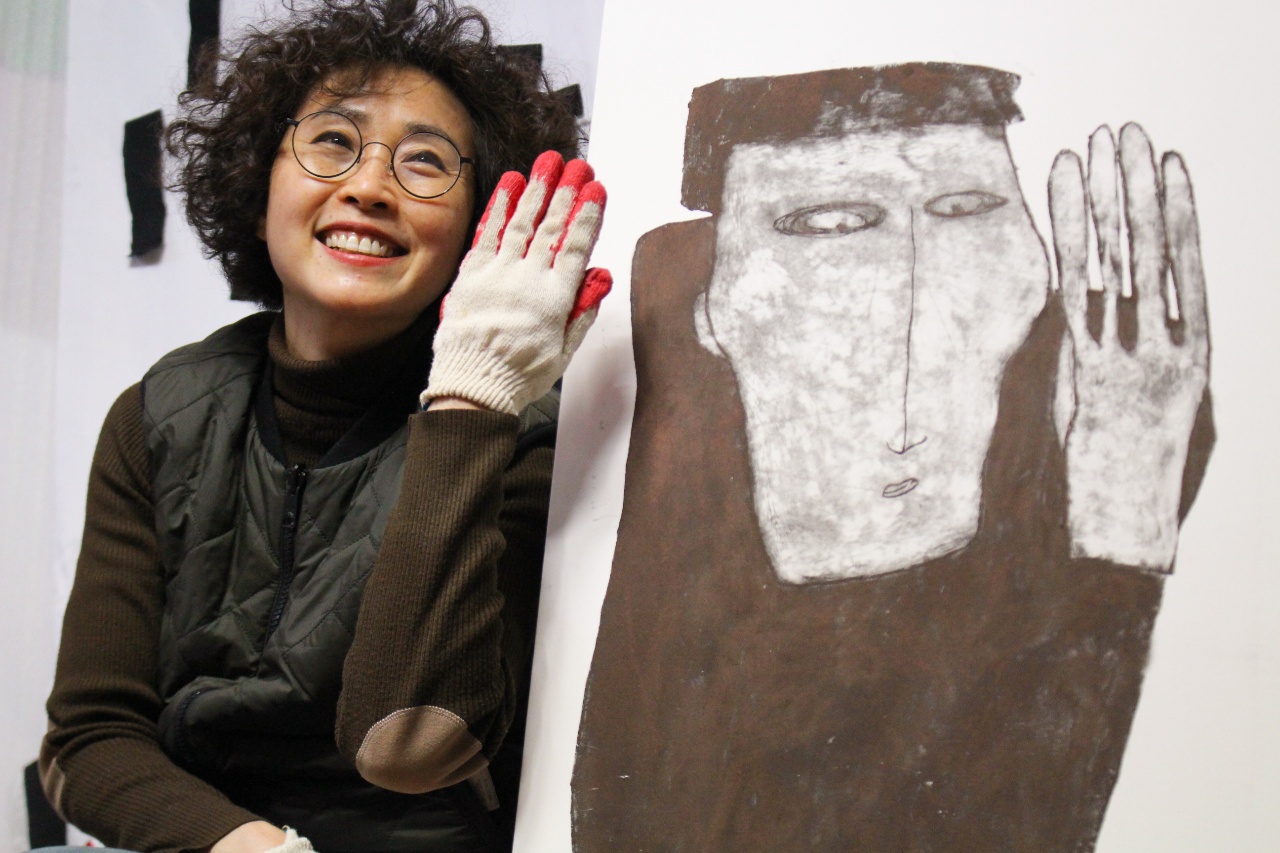
When you first started as an artist, how did you approach your work?
When I was in college, I simply completed projects because it was pure fun for me to do them. But towards my graduation, I learned that making art and being an artist would be an unpredictable game of fun and seriousness. The seriousness came from contemplating 24/7 how you would convey your ideas to the public. And again, in order to do so, you need to know yourself best. When I first began my career, I didn’t exactly know what I wanted to achieve, and I was constantly anxious about what people would think about me: what other artists would think of me, as well as how well the public would perceive my work.
I soon learned that it’s okay not to take things too seriously, in fact, that would be my number one tip to Gen Z. I often see, both in Korea and in America, that people are obsessed with “prodigies” and “the genius” – to the point where it’s even ingrained into our college application systems that normal teenagers have to become these prodigies. So many young teens are driven to become “exceptional” in what they’re doing, but they’re not driven to become “an exceptional version of themselves.”
When you make art, you quickly realize that this crippling perfectionist mindset kills your passion and goals, And while you become so focused on envying progress made by others, you forget yourself. Invest in yourself, the ideas, passions, and interests you may have, and do something rather than nothing. That’s good enough. My recent exhibition was titled On My Mode because of this issue: I wanted to tell the audience to relieve themselves of the obsession with so-called “prodigies.’ Instead, take the time to truly grow and to truly enjoy the opportunities given and made in life. I just can’t emphasize this enough!
What was your first exhibition like? How did you feel about it?
I was extremely elated and satisfied with my work! But that’s the keyword: Satisfied. I was excited because it was my first big step in the art industry, even if it was only within my city. But I was obsessive over being “perfect” and fretting about each piece in my exhibition. I would actually say this attitude that I had towards my work harmed me more than it did well. Thinking simply and being optimistic is the best advice I could ever give someone – I know it’s hard to think positive about yourself and come to good terms with yourself despite the criticism and circumstances you might face, but you can’t expect to yield good results if you can’t work with yourself. You are pitted against yourself since birth to test your limits and preconceived notions about the world, and the best thing to overcome that is to come to terms and work with, or rather, for yourself.
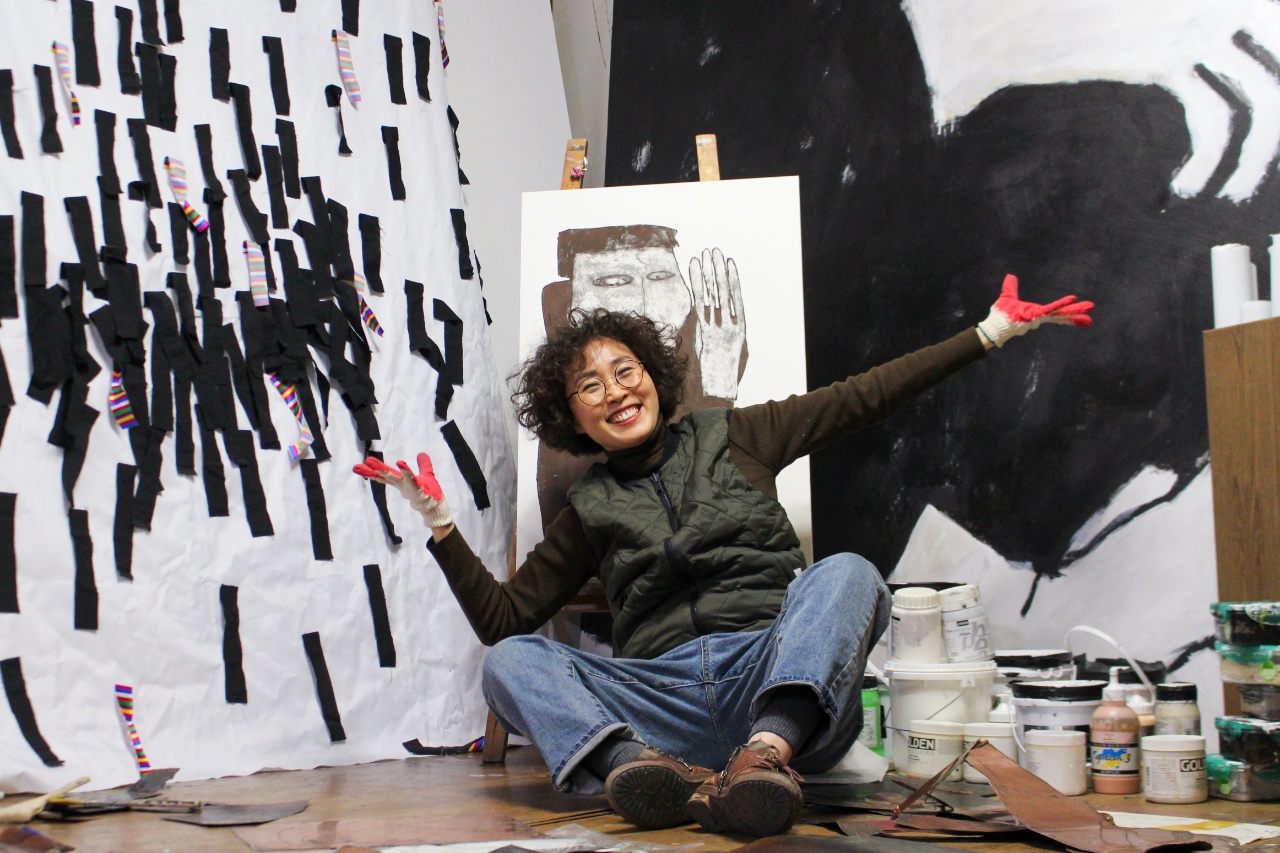
What’s your advice to aspiring artists or anyone who is attempting to reach their dreams?
Again, focus on building your own beliefs and values, constantly think about how you can help others develop their opinion by sharing yours, and just do what makes you happy. Realistically with the pandemic, I would say the last piece of advice is the hardest to follow, but whenever you get the chance, no matter how small of a decision it is, always choose the option that you have this unexplainable passion for: oftentimes, that ends up being the decision you’ll never regret.

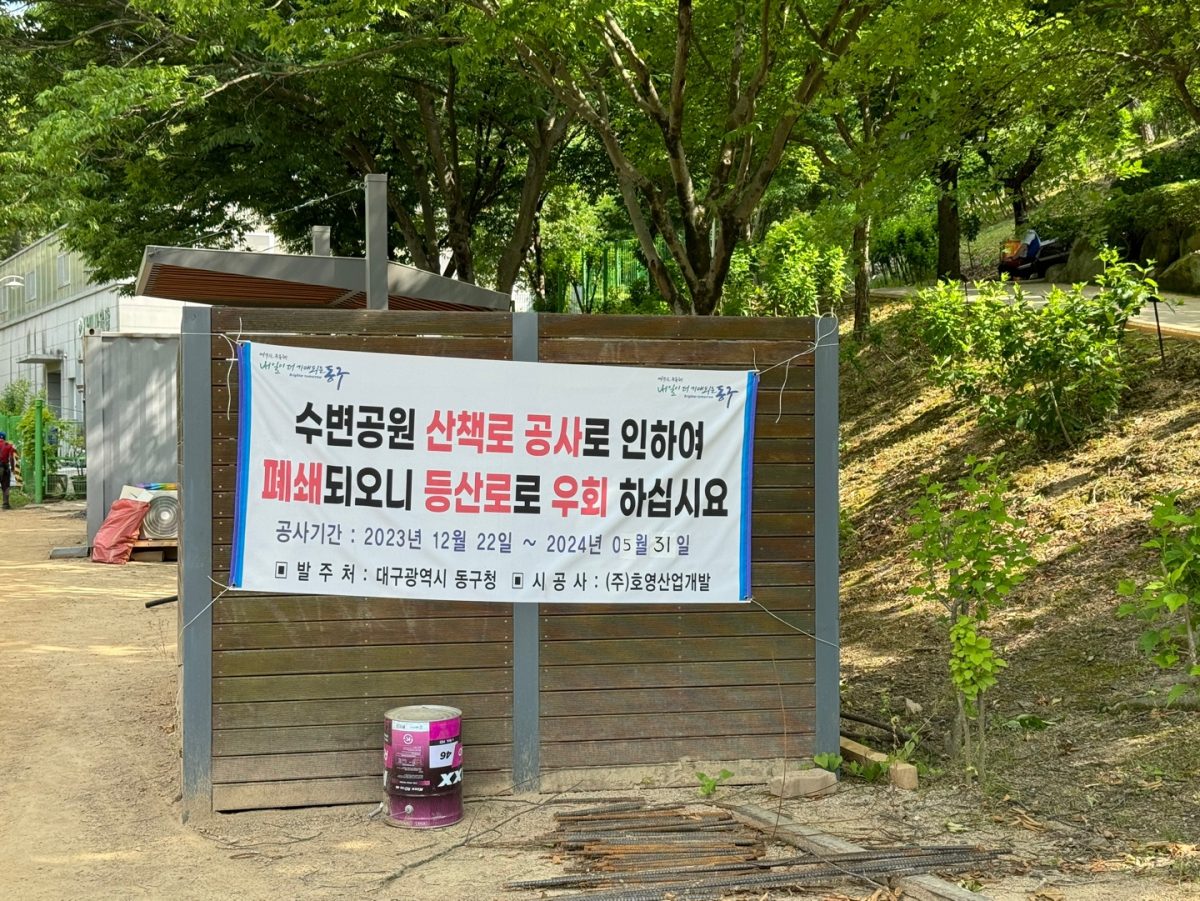
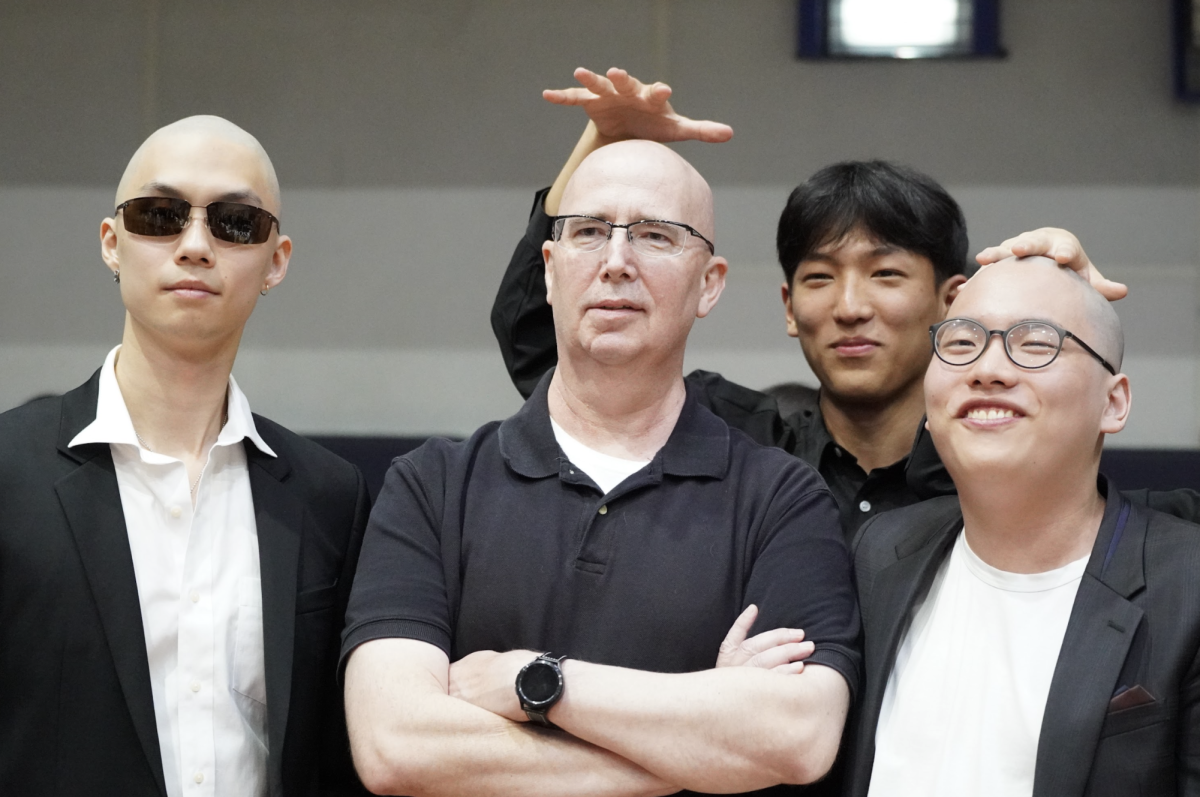

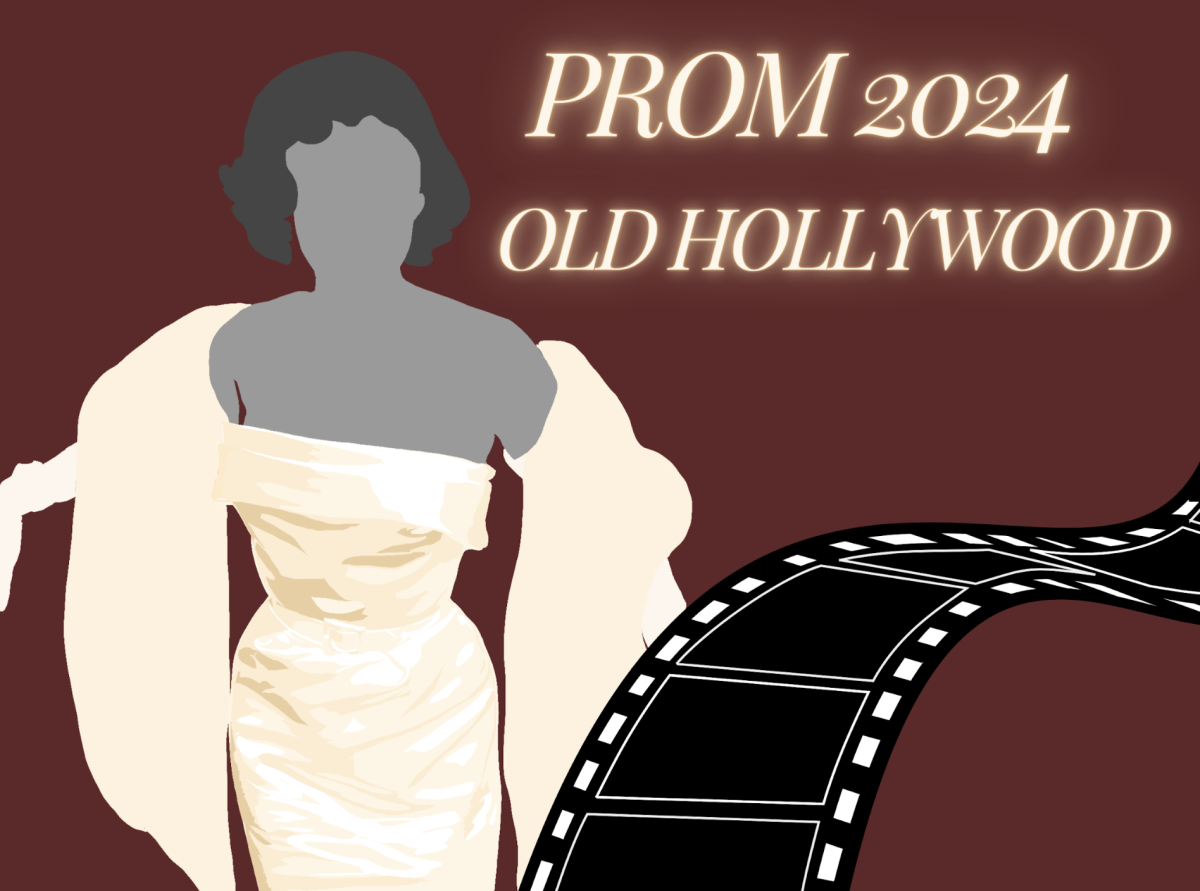
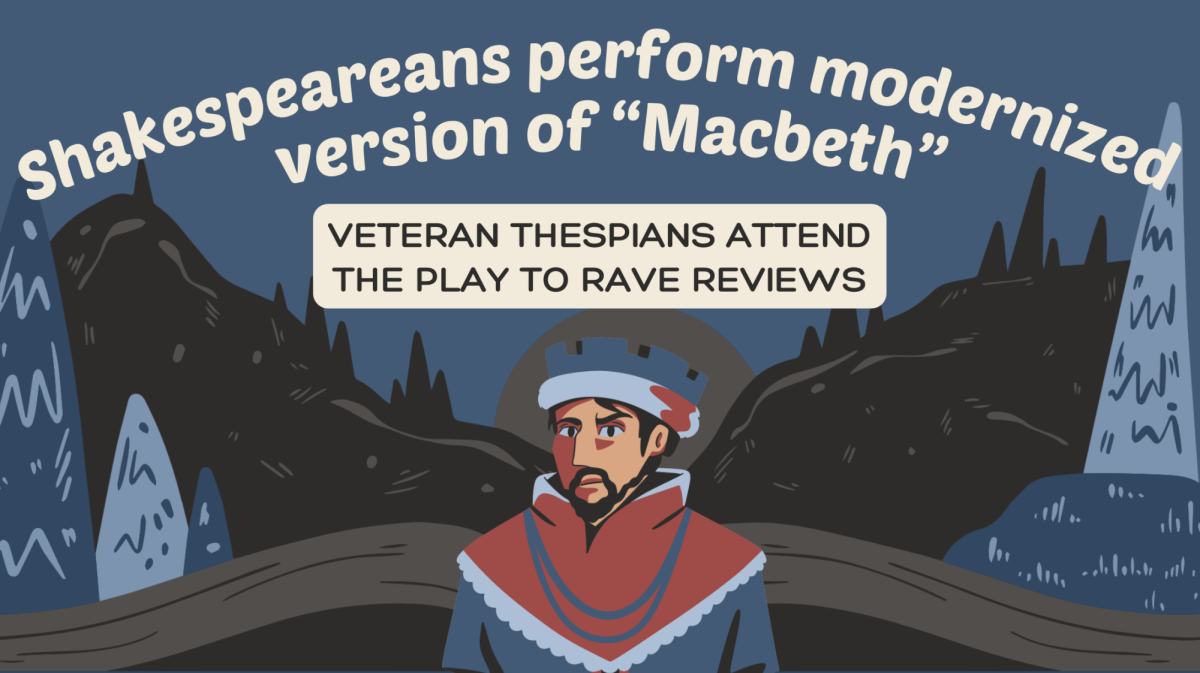

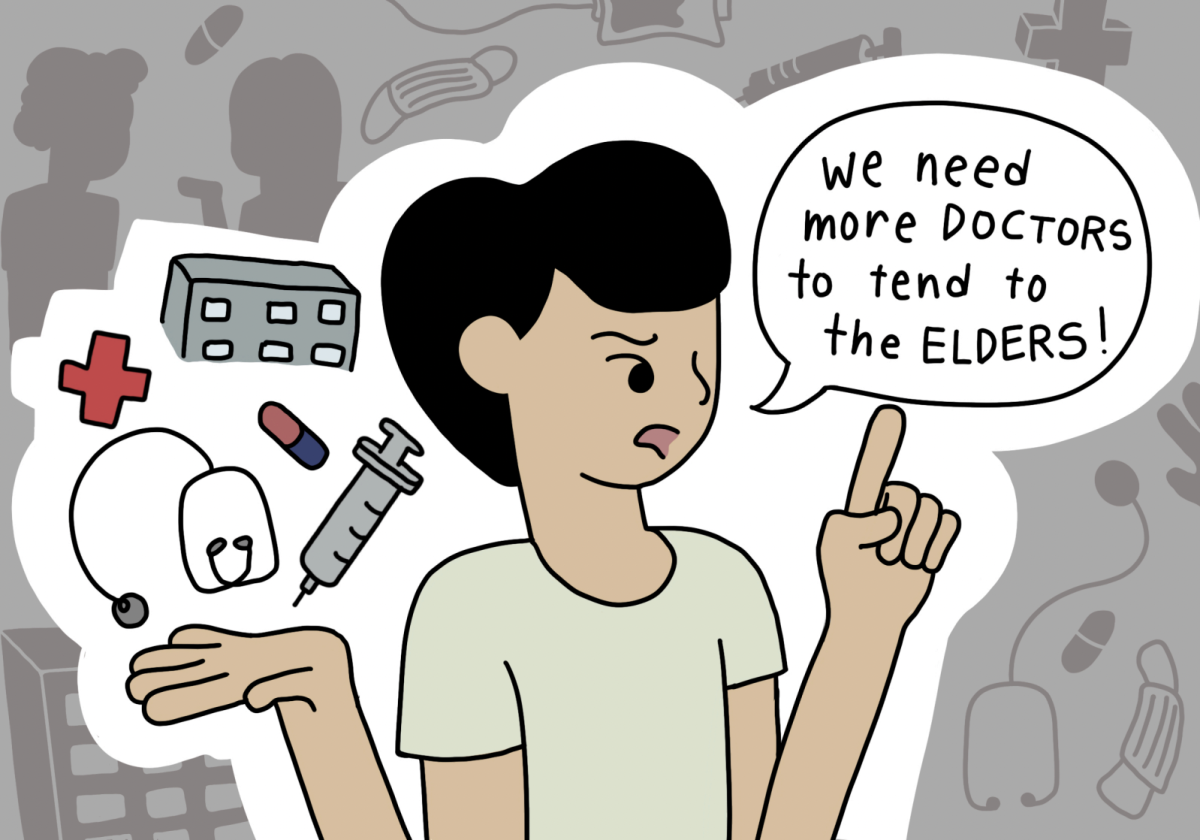
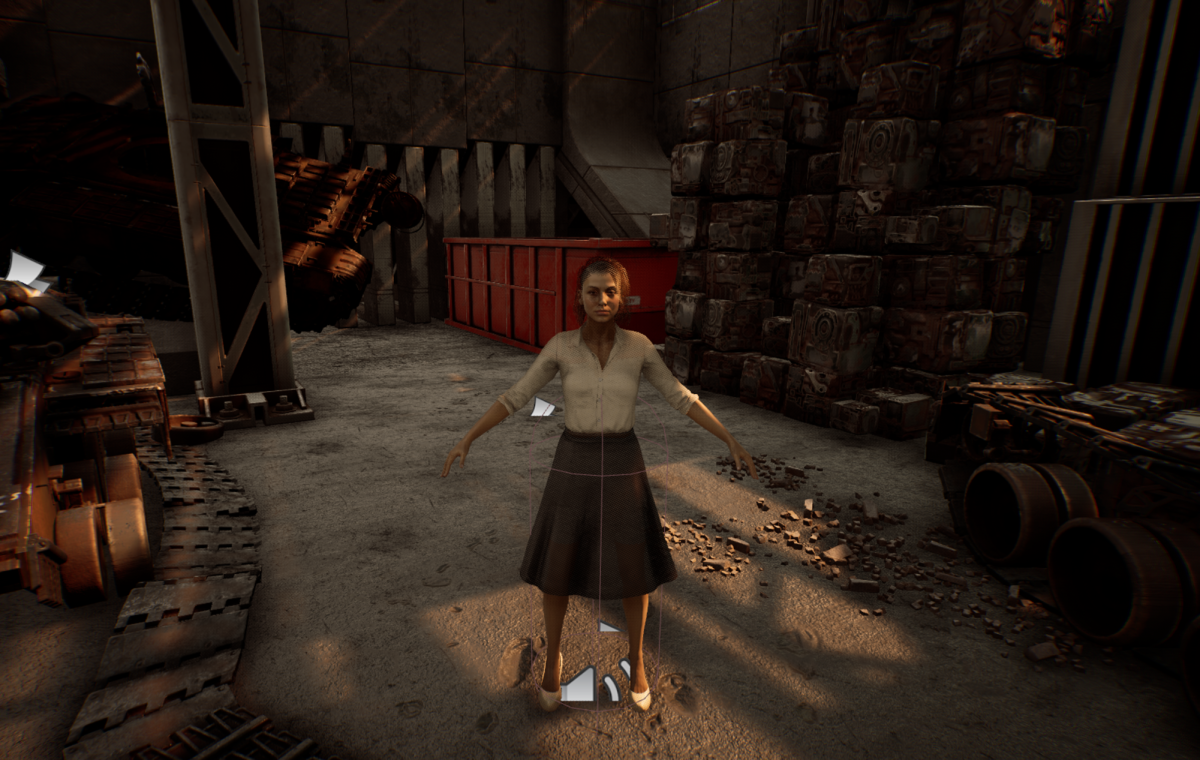
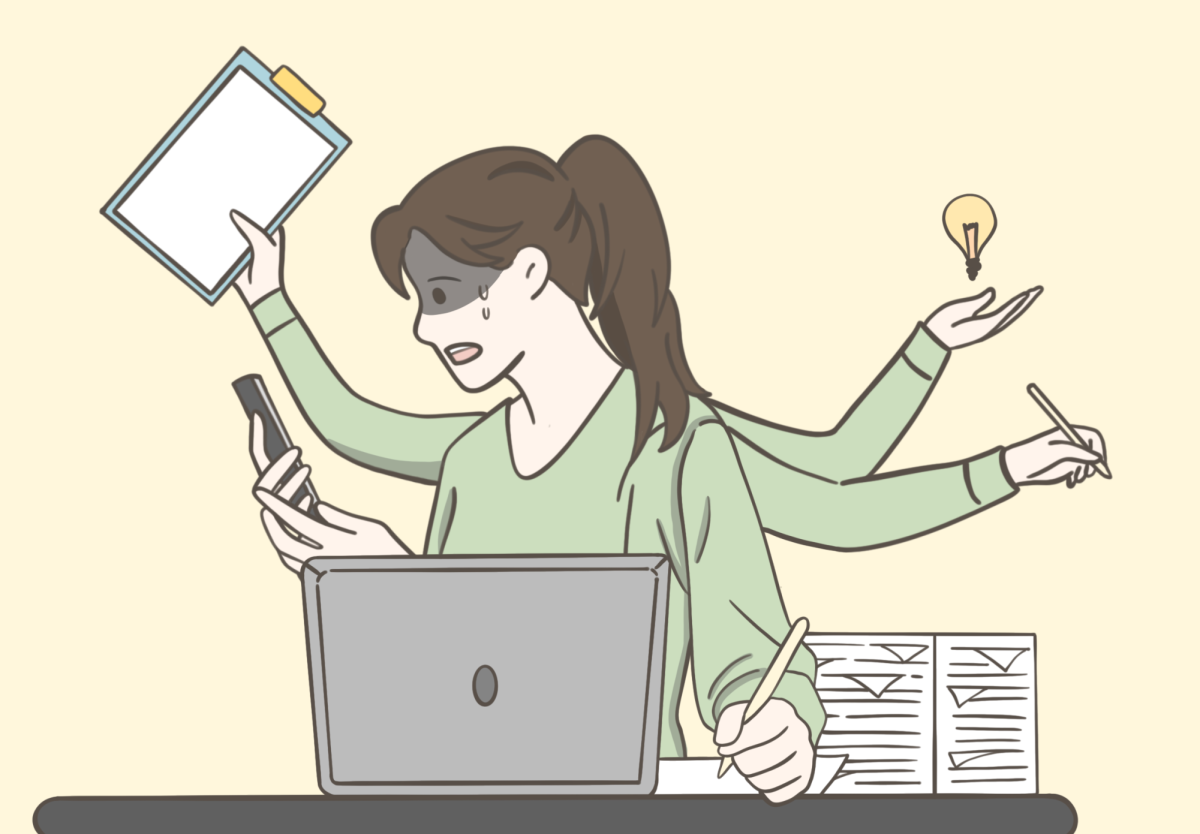
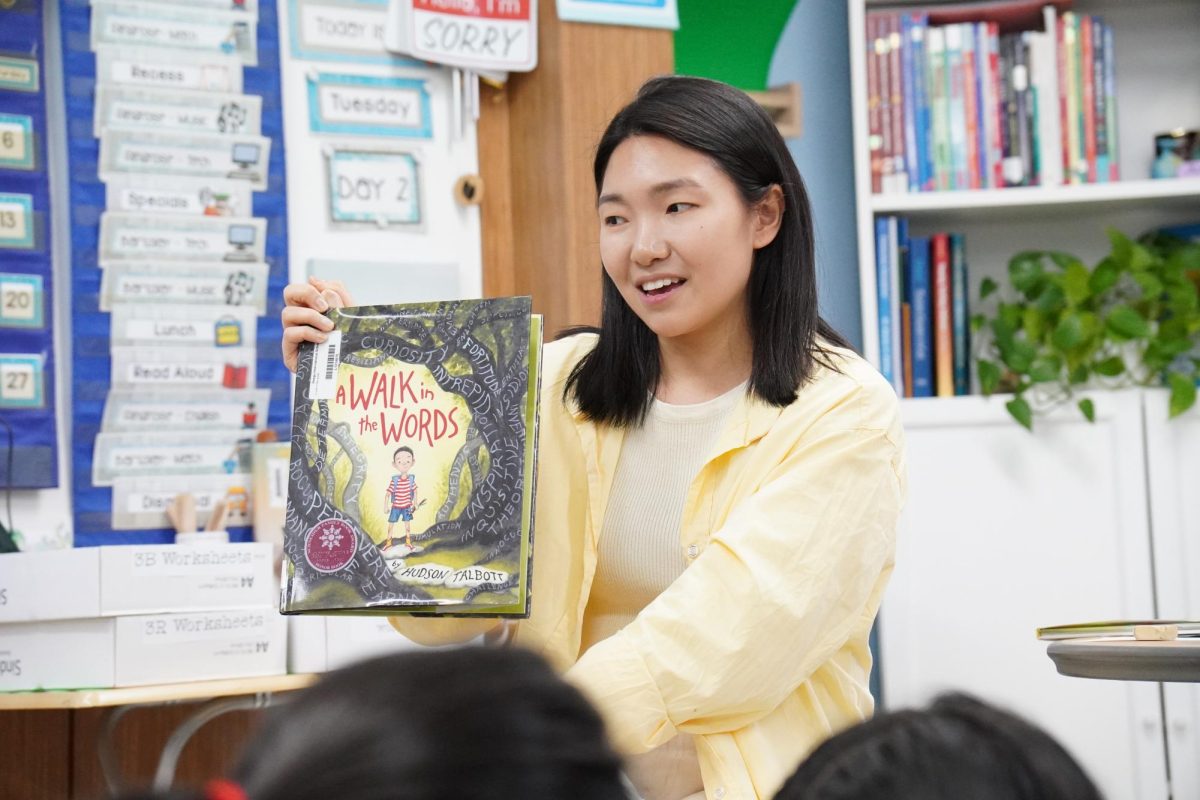
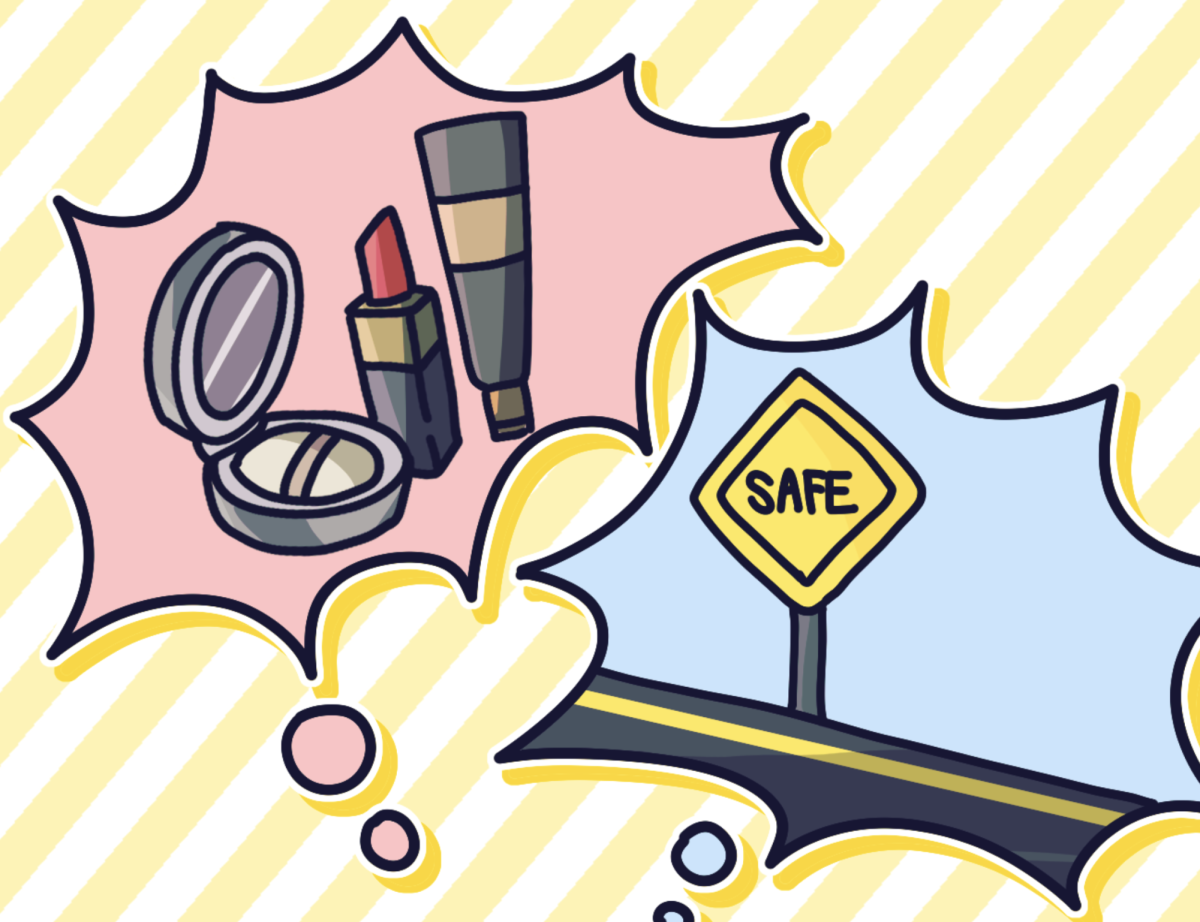
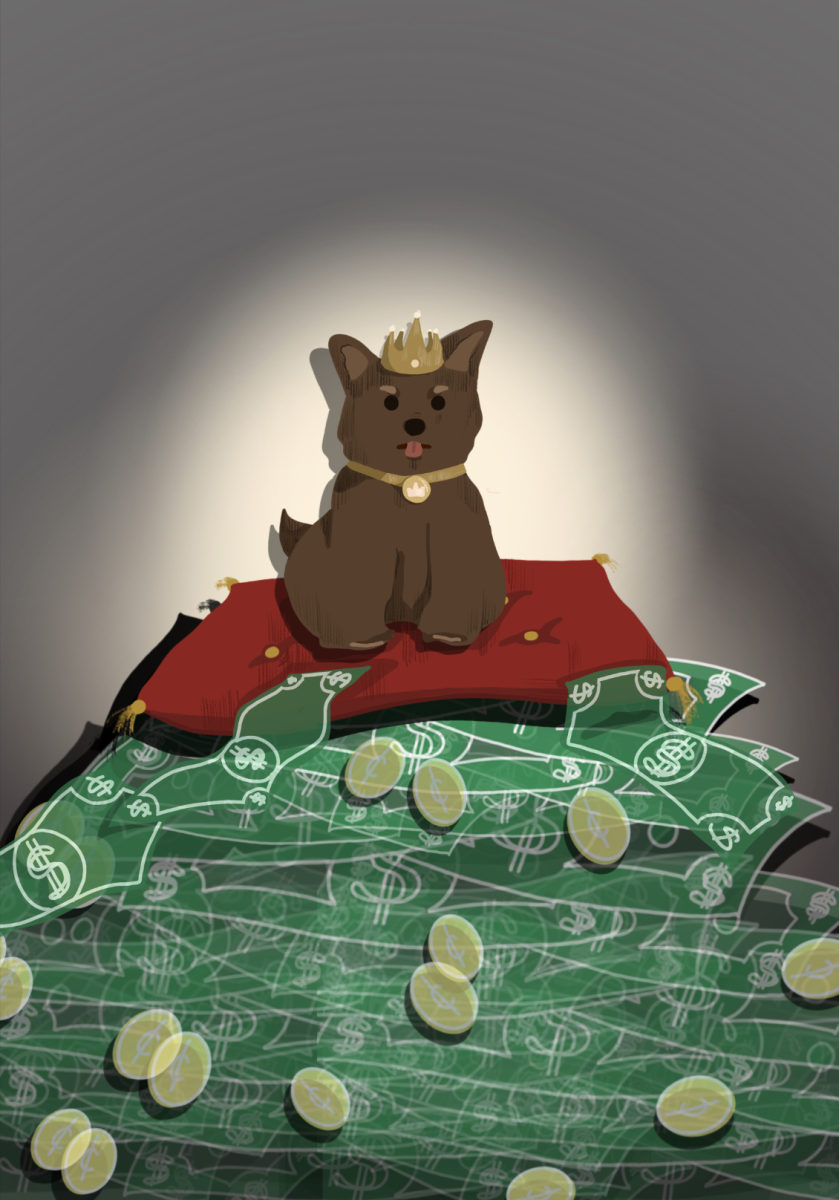
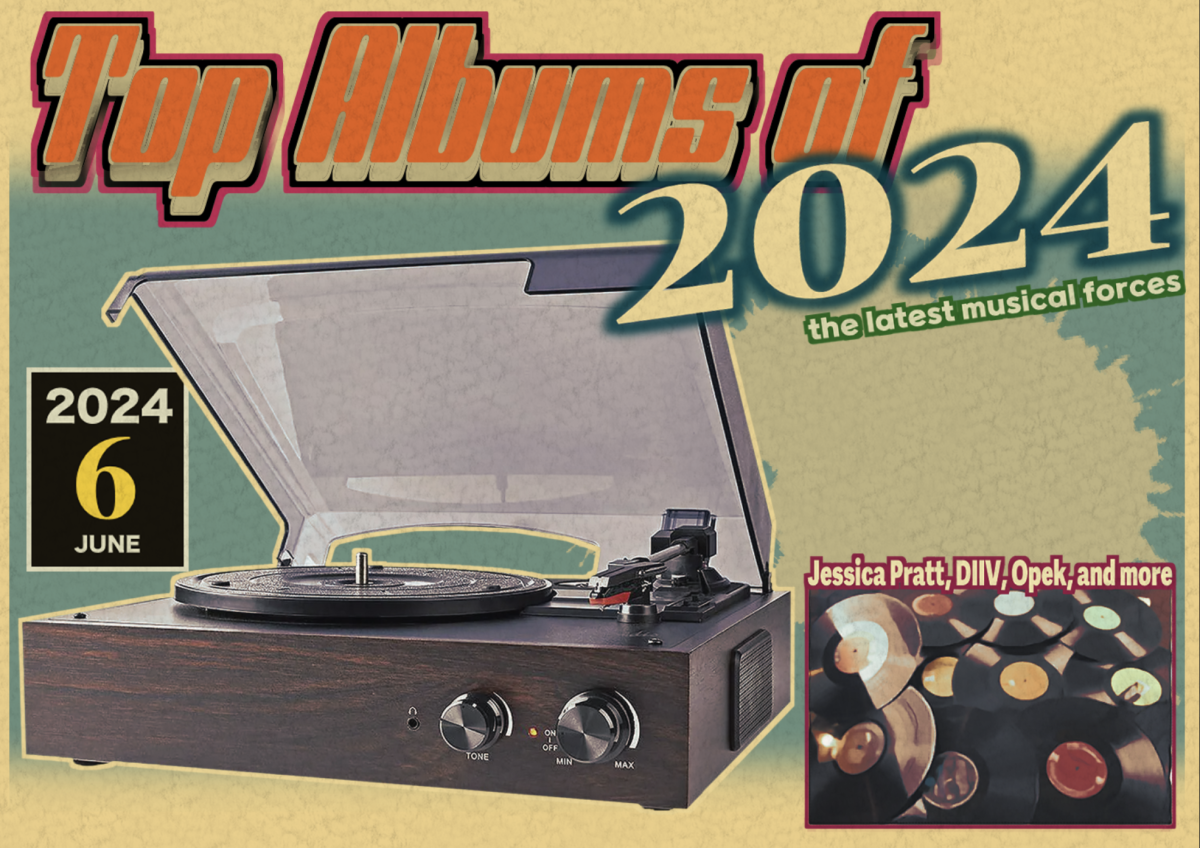
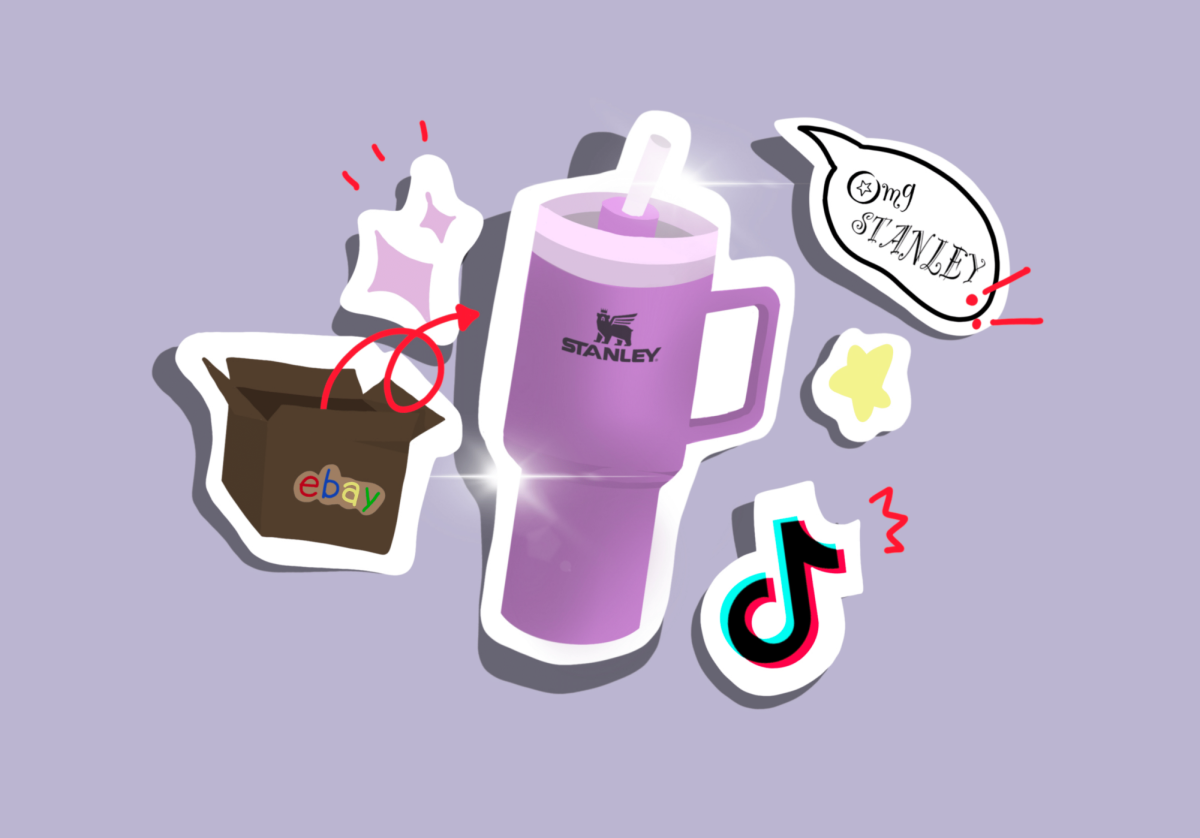
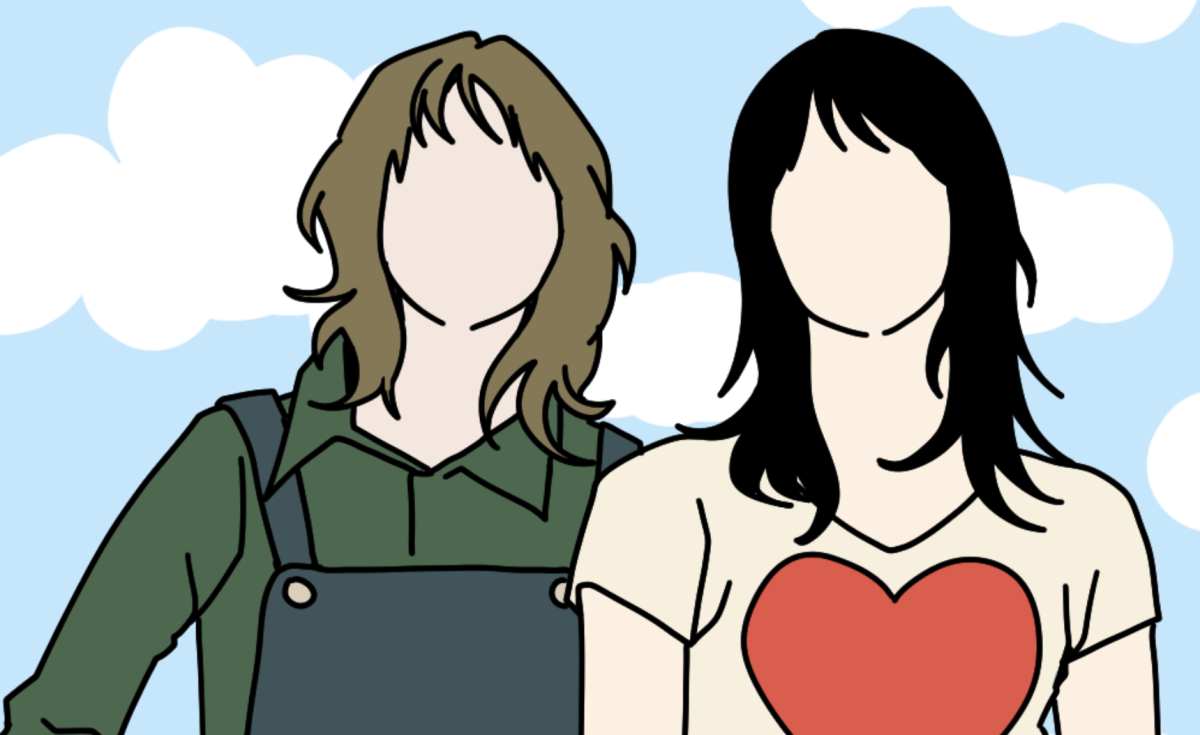
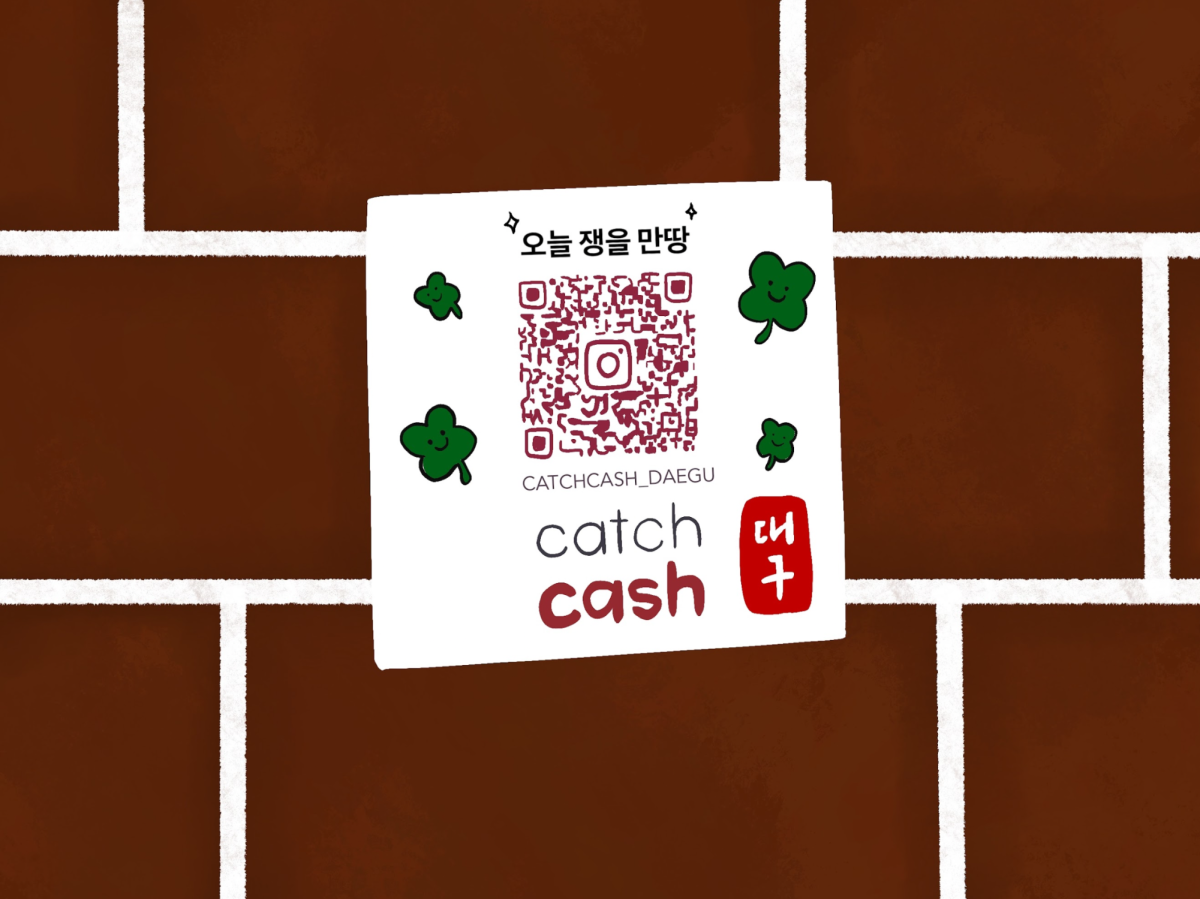
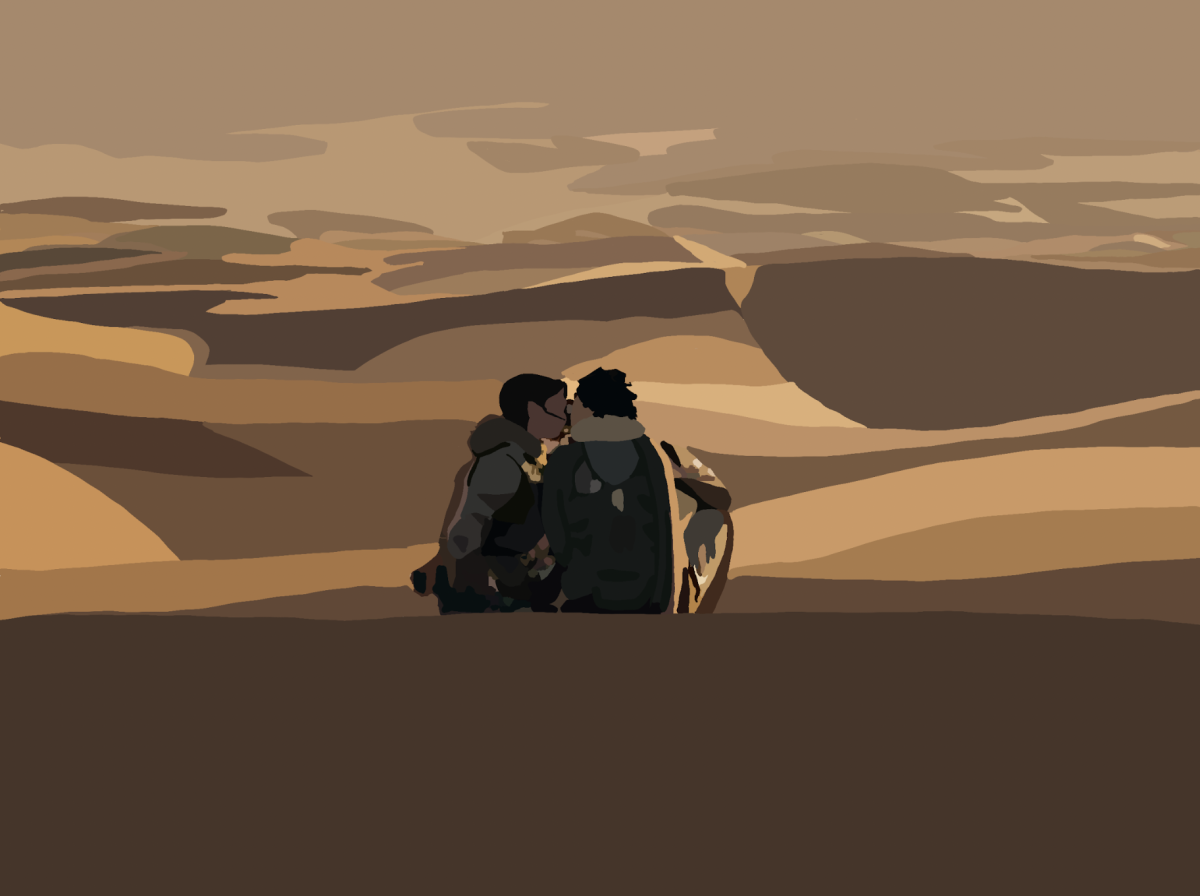

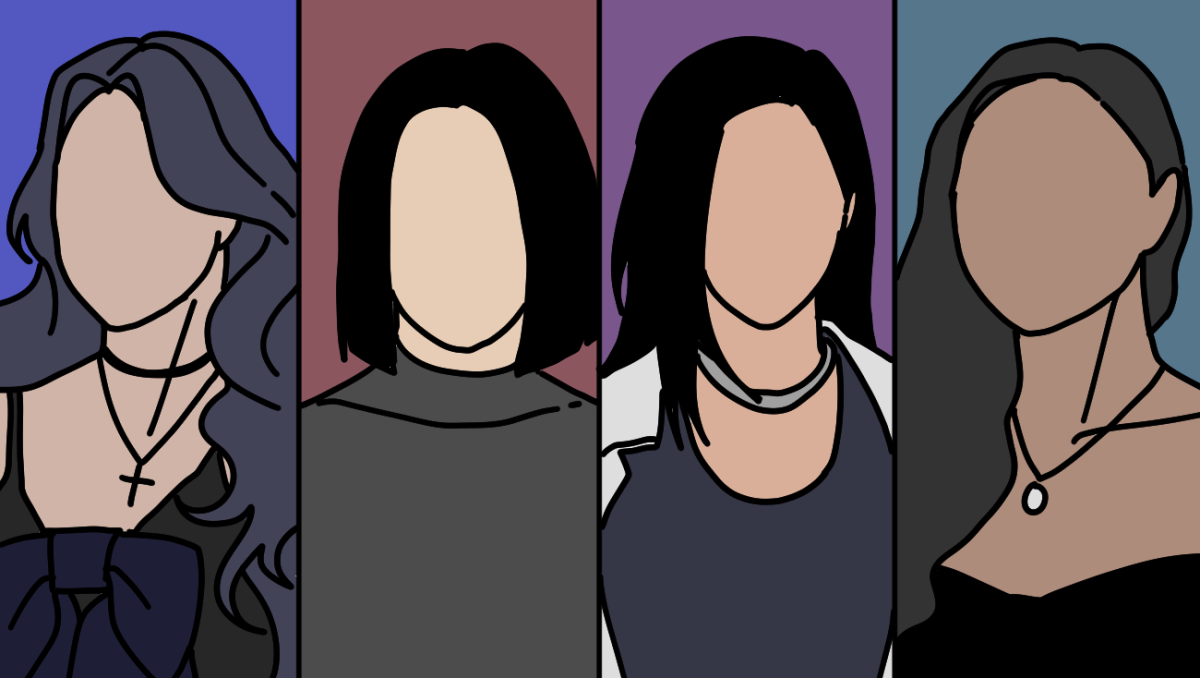
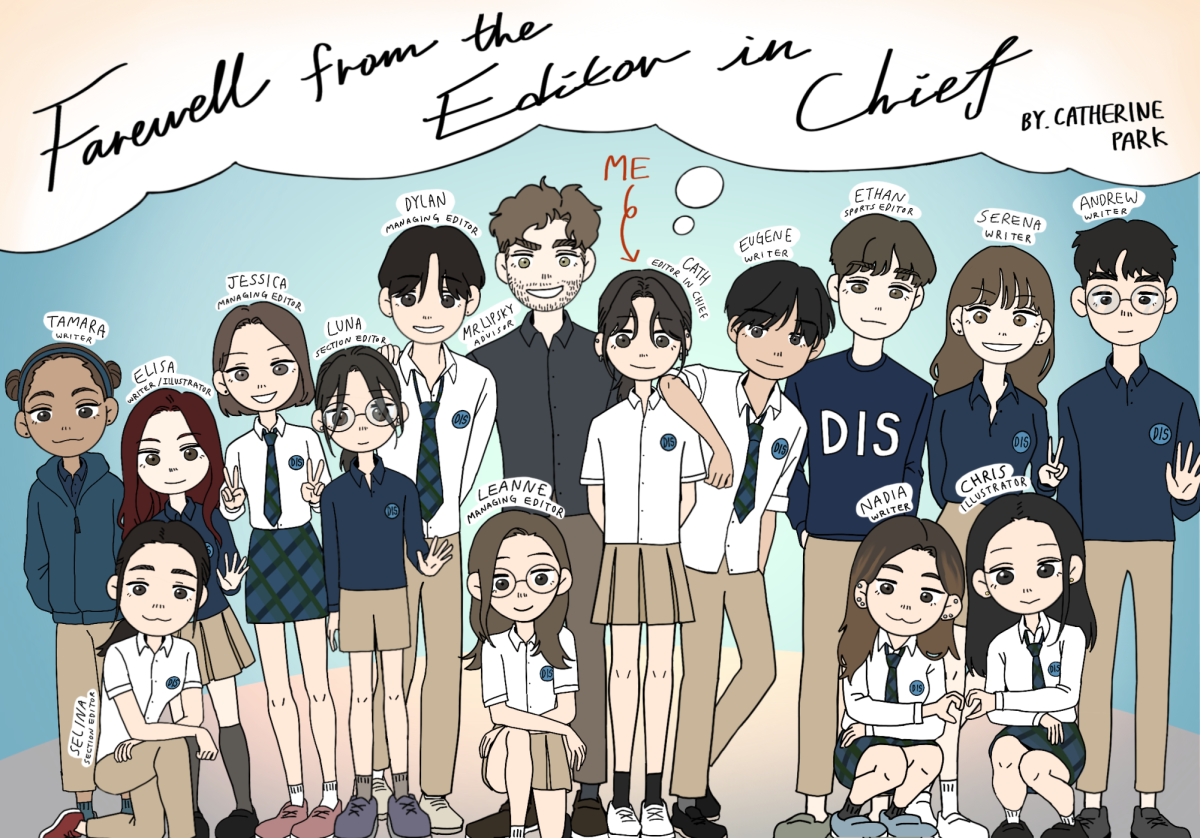

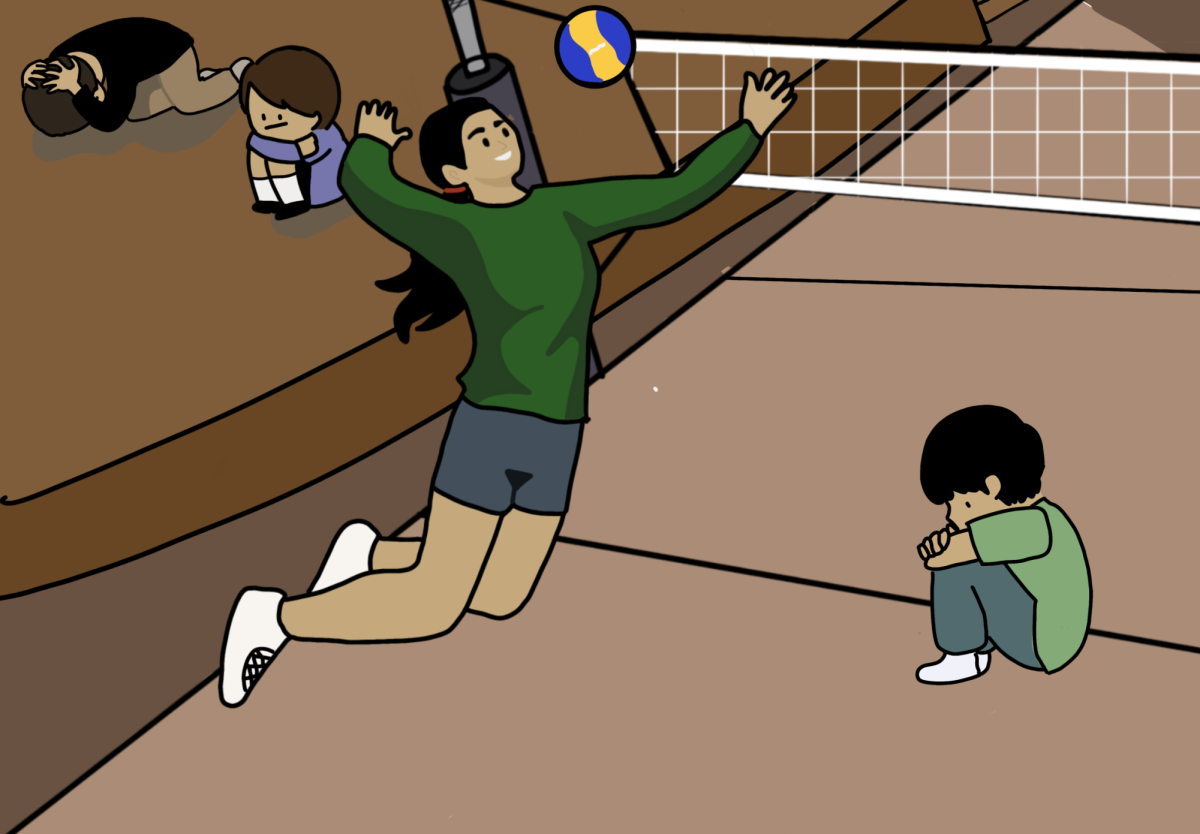
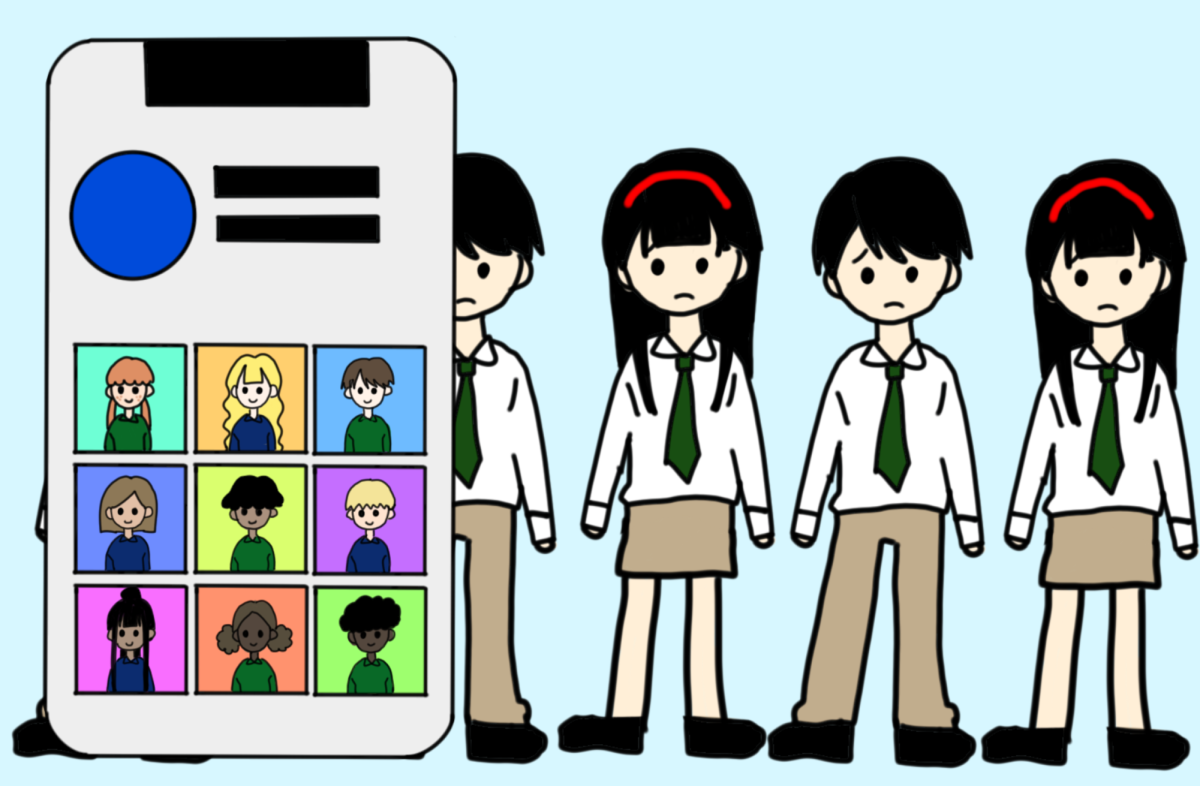
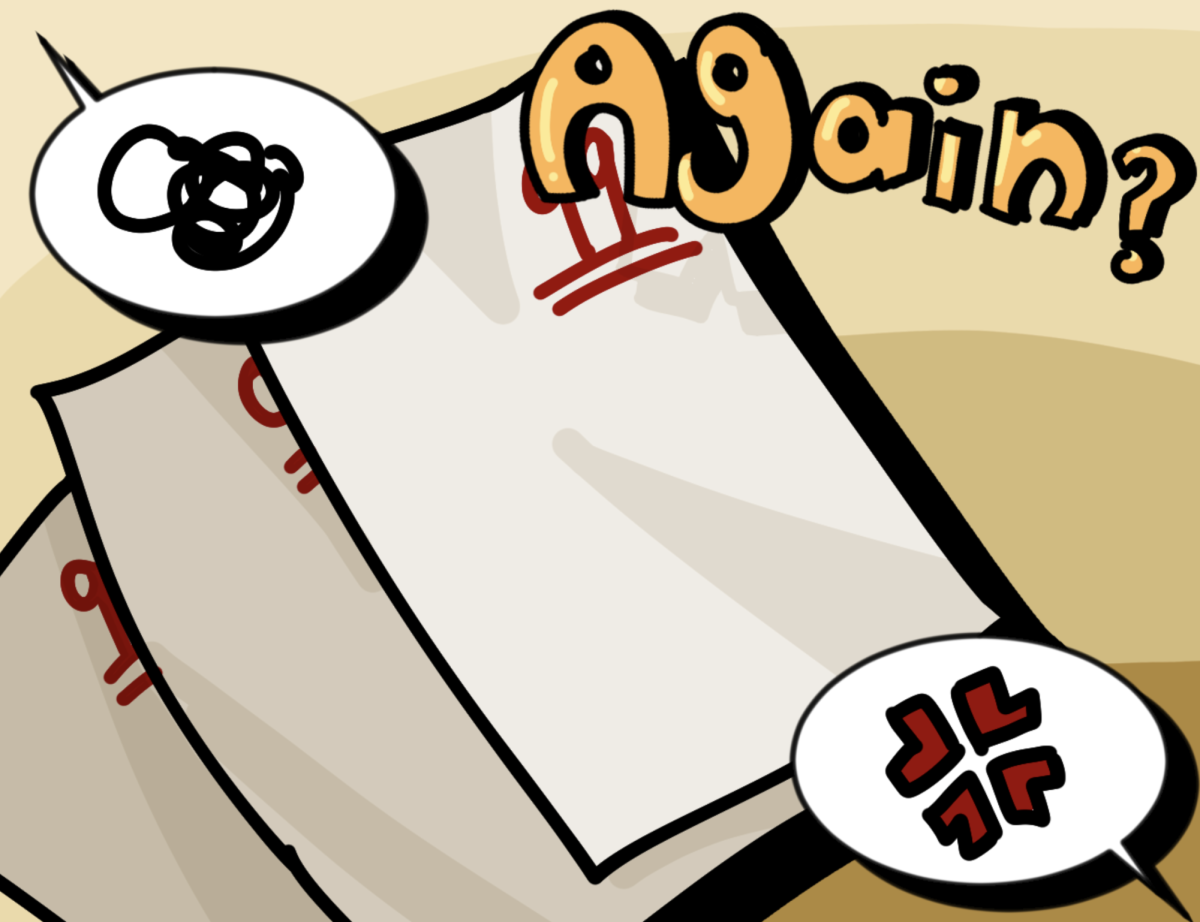
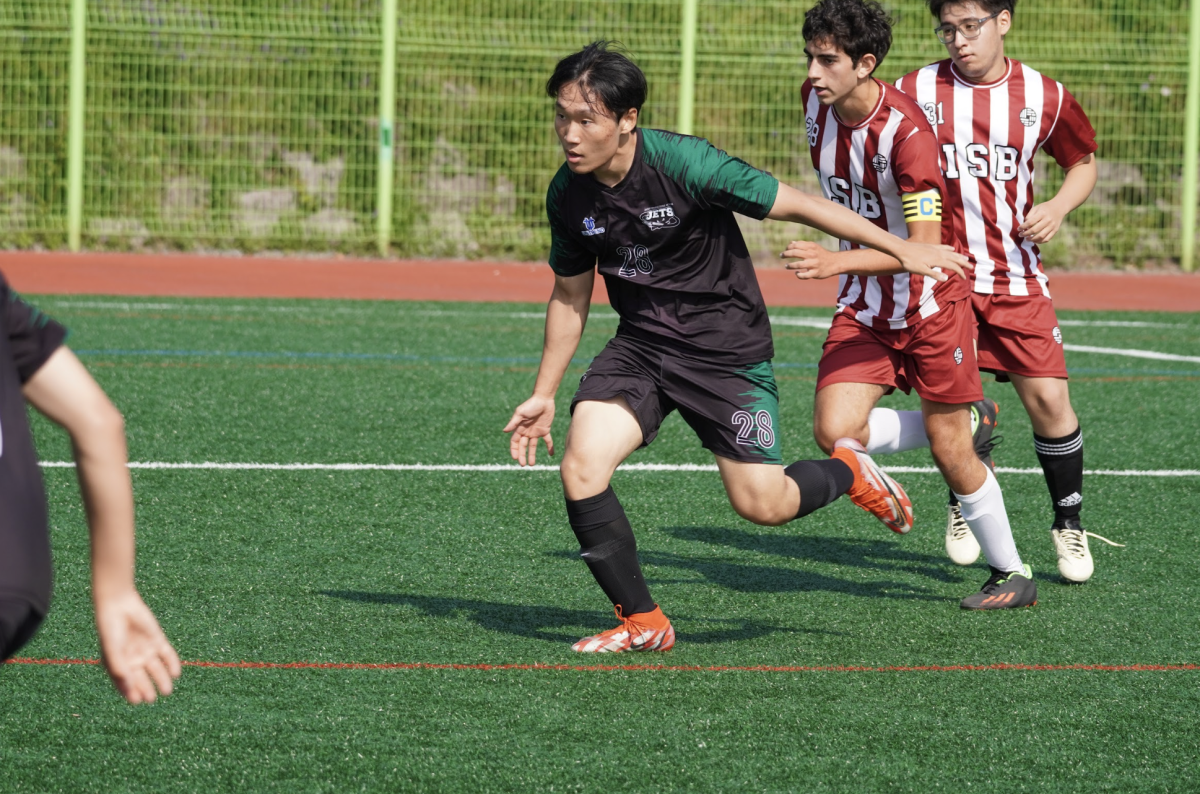
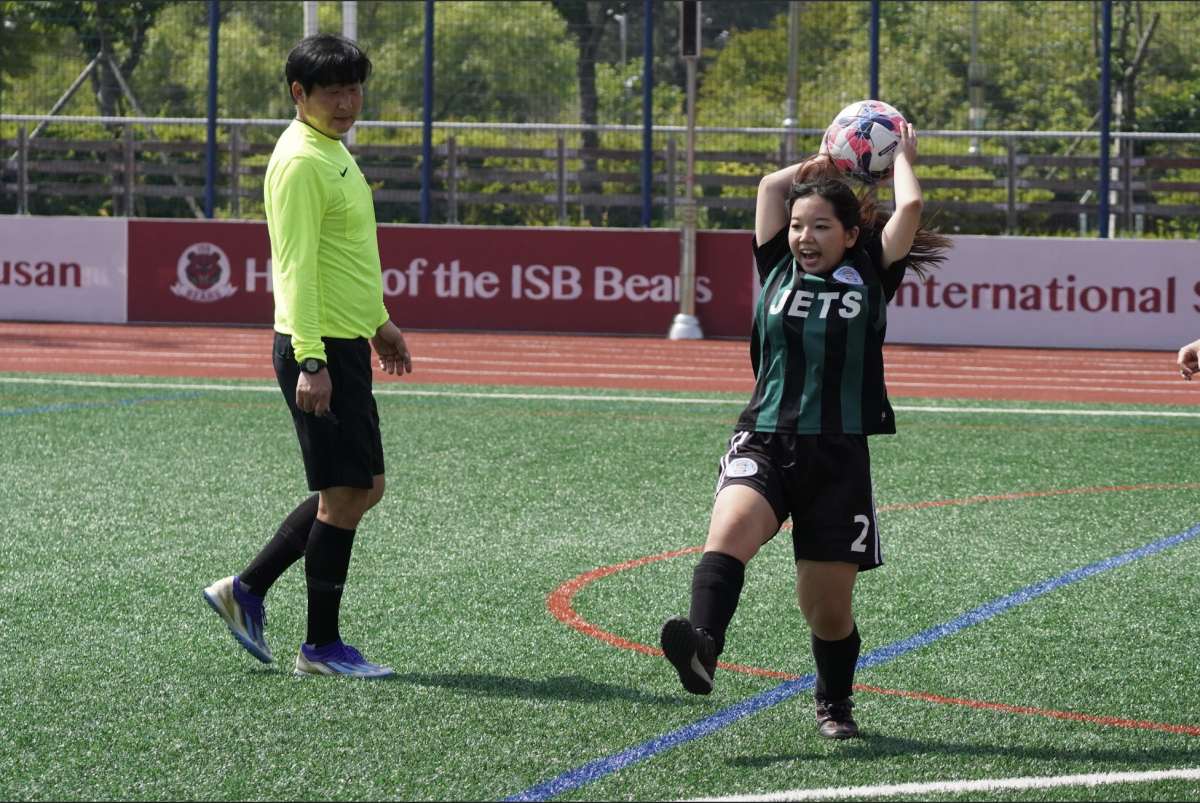
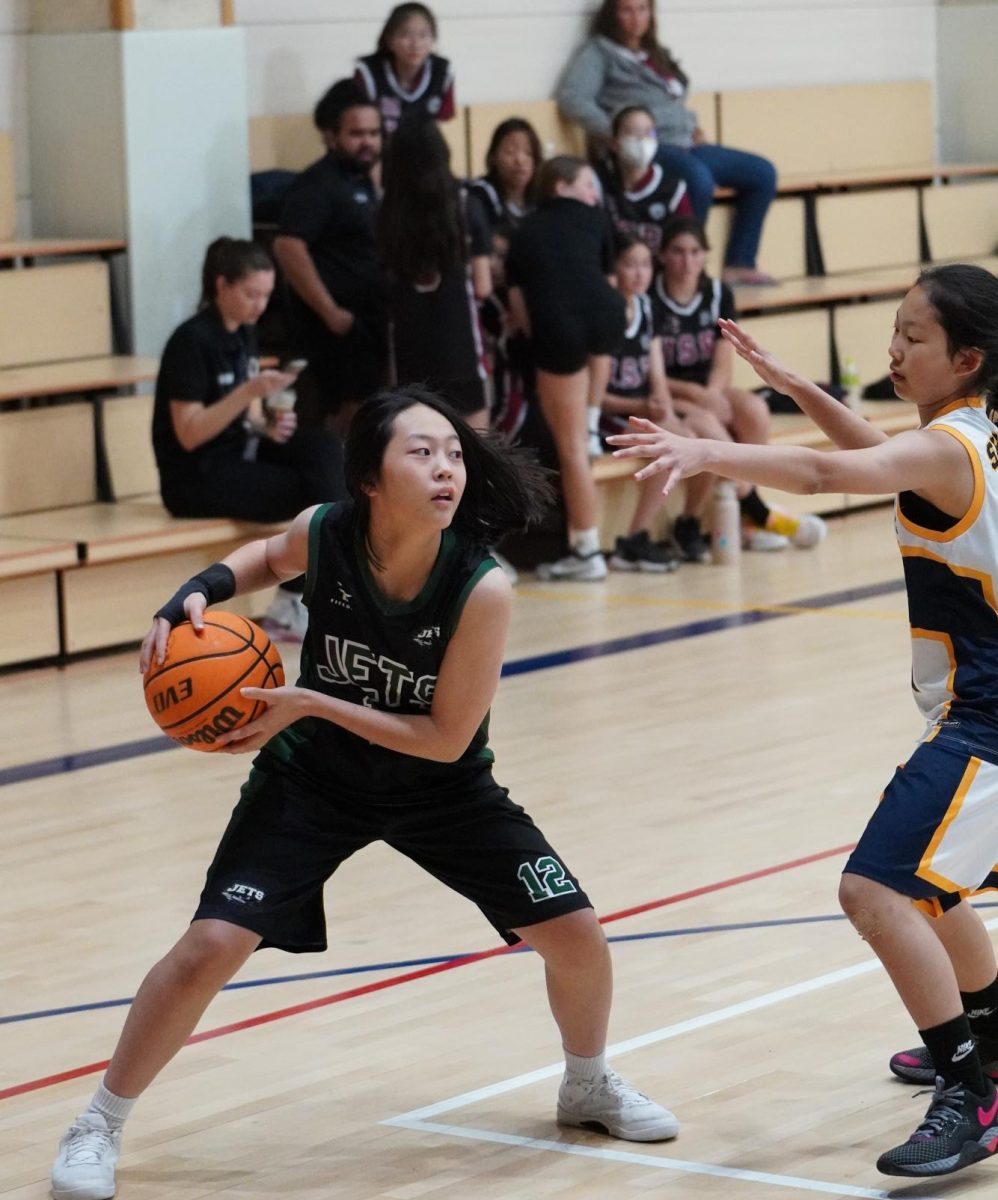
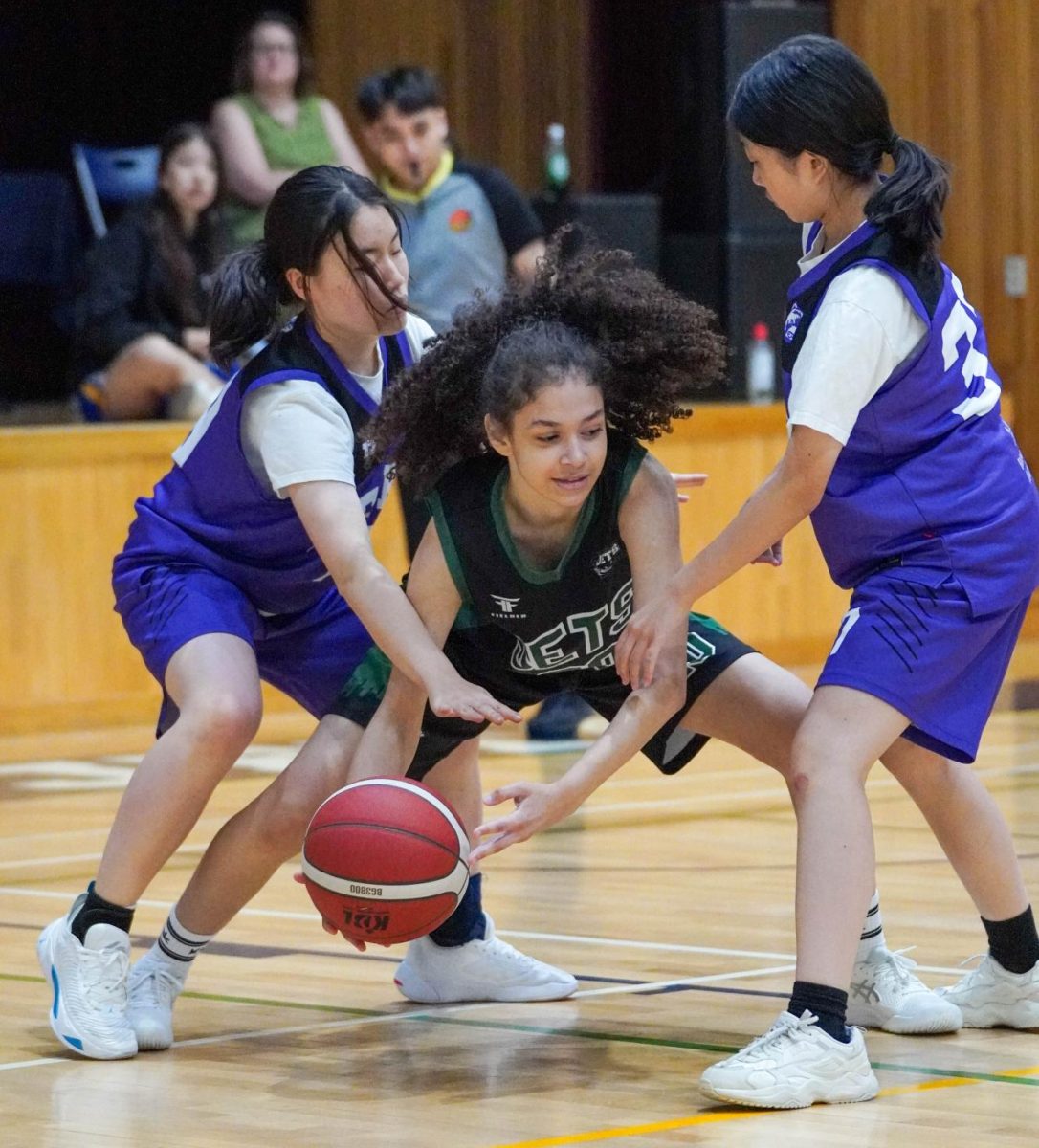

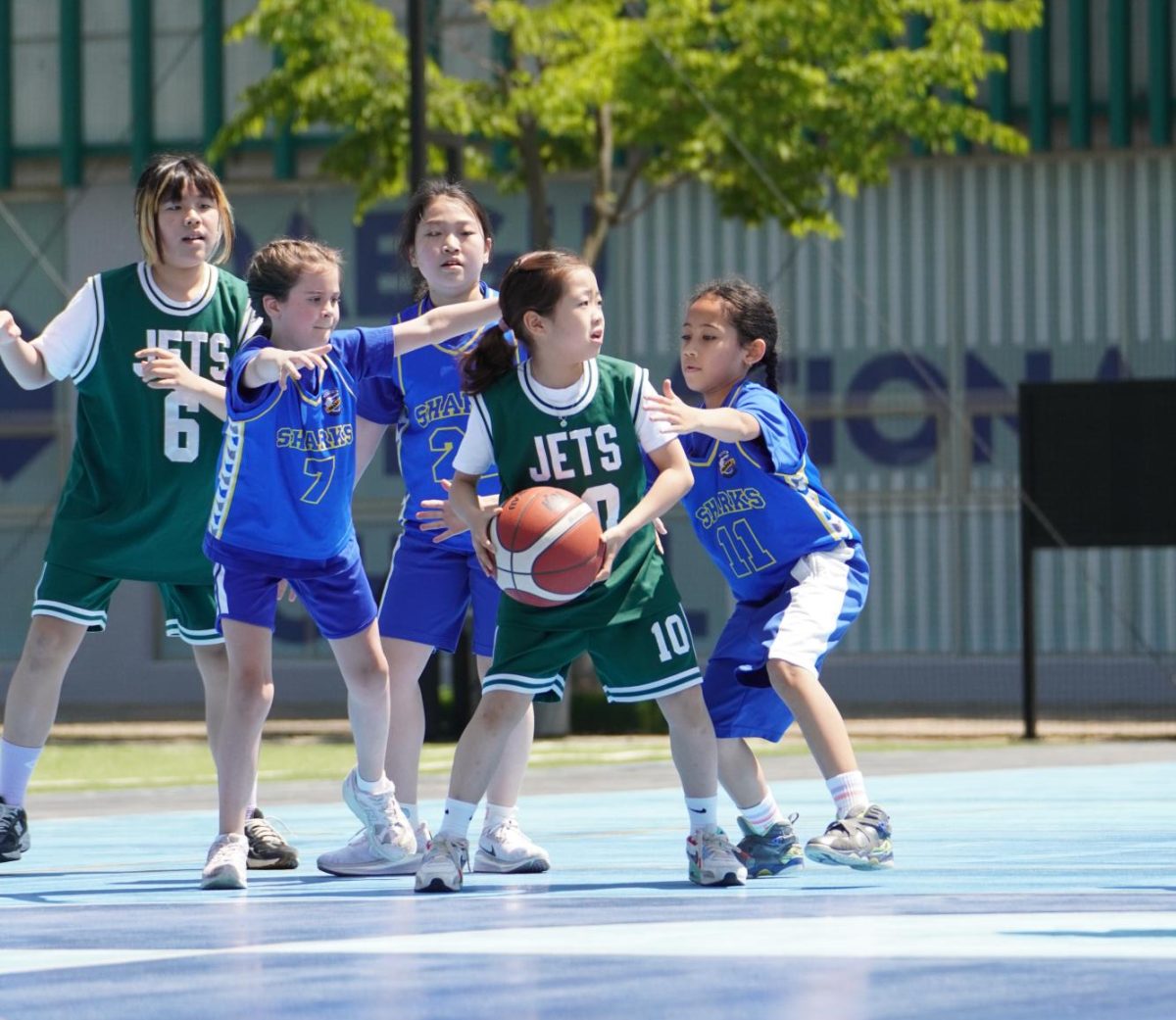
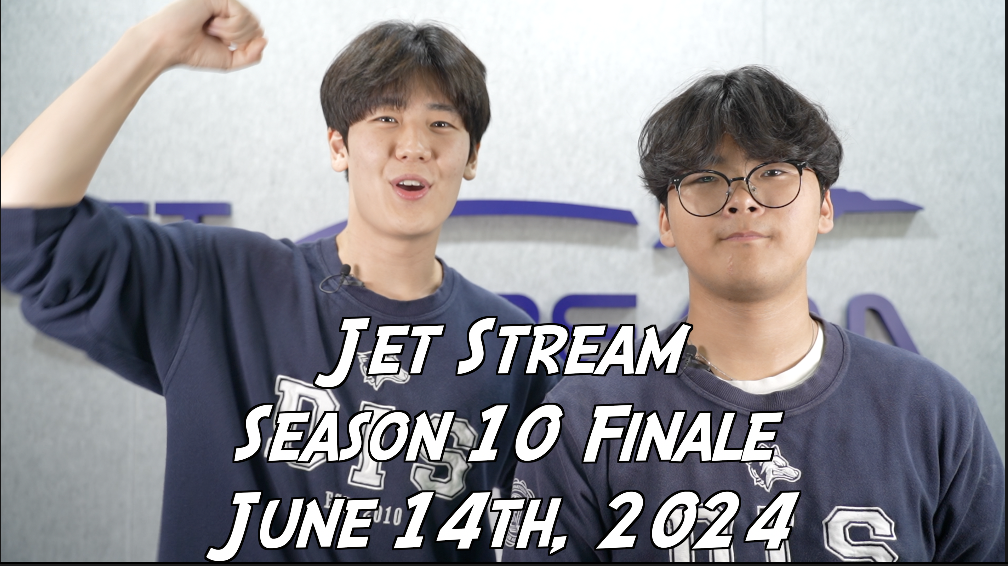




![[Podcast] Bet on Bonnie Episode 2: Sophie Lee](https://jetsflyover.com/wp-content/uploads/2024/05/jbspodcasts-1200x951.png)
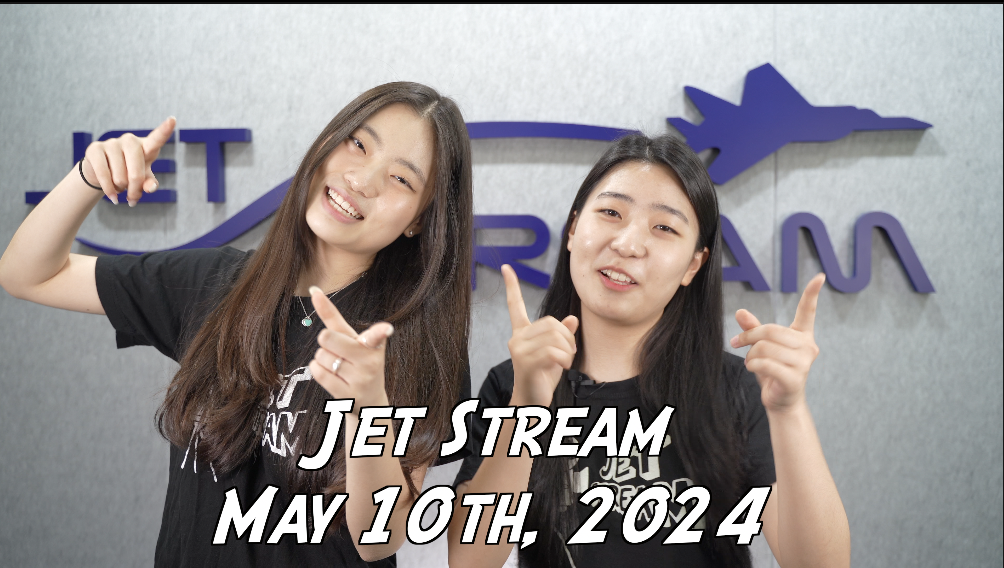
![[Podcast] Jets Jukebox Episode 1: Bleachers, Self-Titled](https://jetsflyover.com/wp-content/uploads/2024/04/Jets-Jukebox-LOGO-1-1200x1200.png)
![[Podcast] Eco-Lution Episode 3: Freshmen explore alternatives to paper straws](https://jetsflyover.com/wp-content/uploads/2024/03/Ecolution_Podcast_Logo-1200x1200.png)
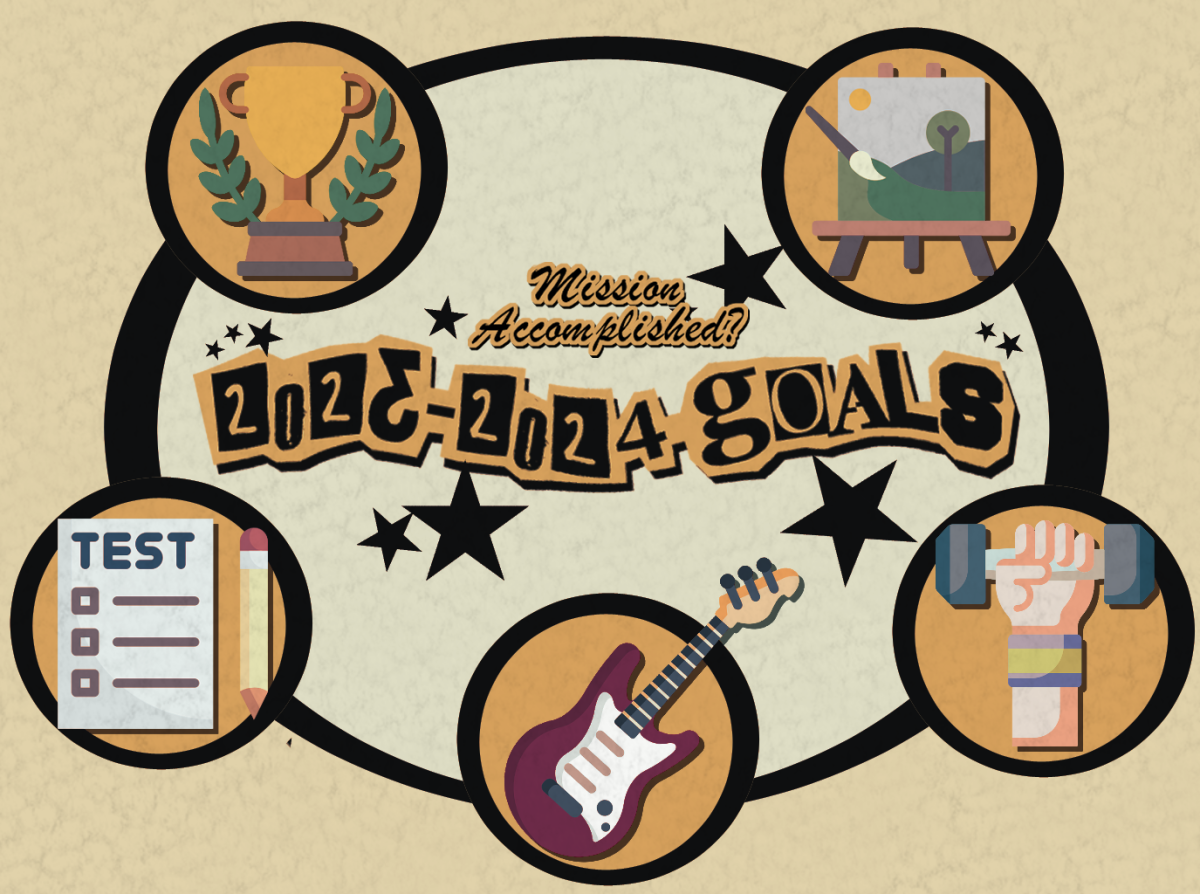
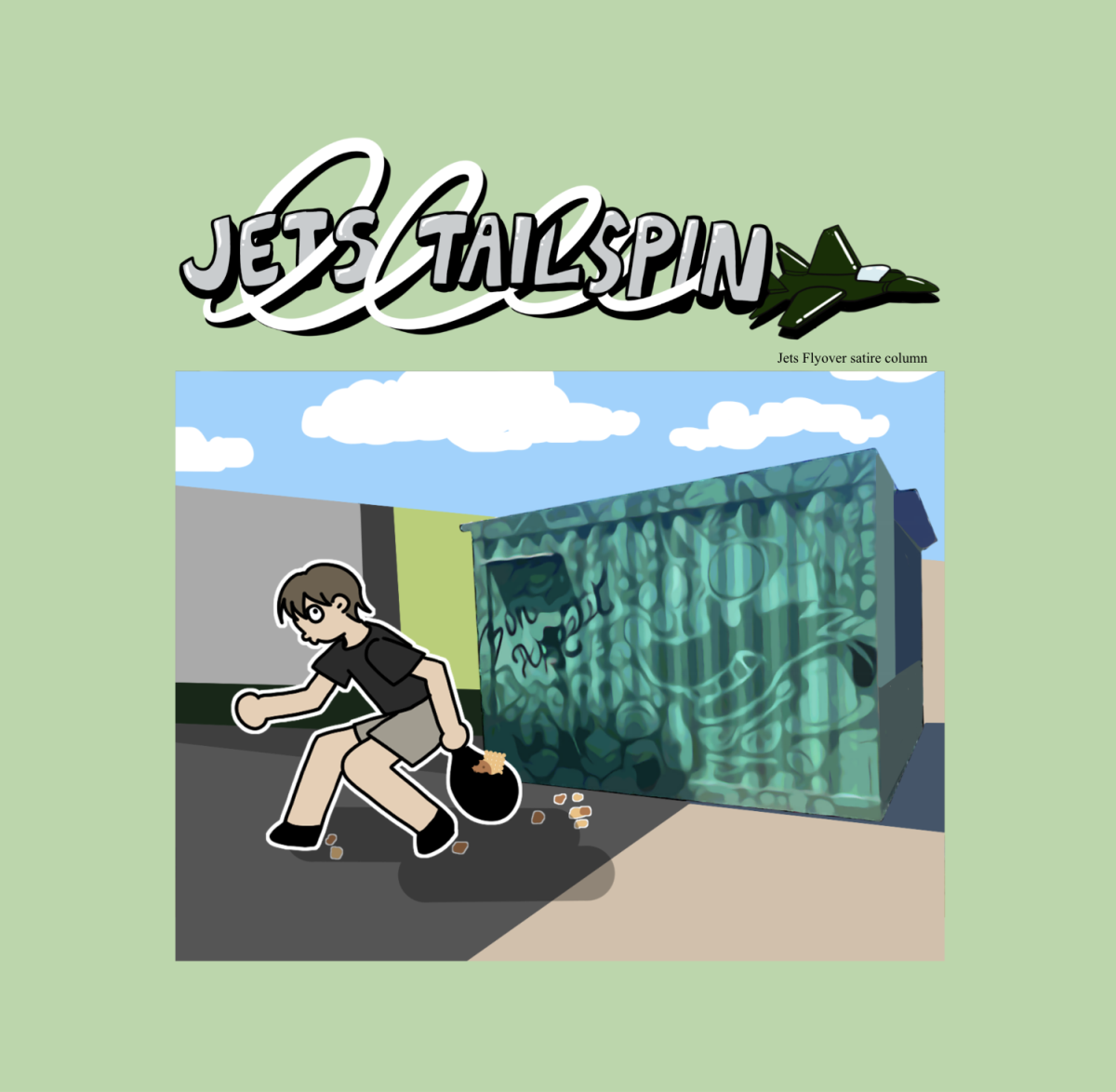

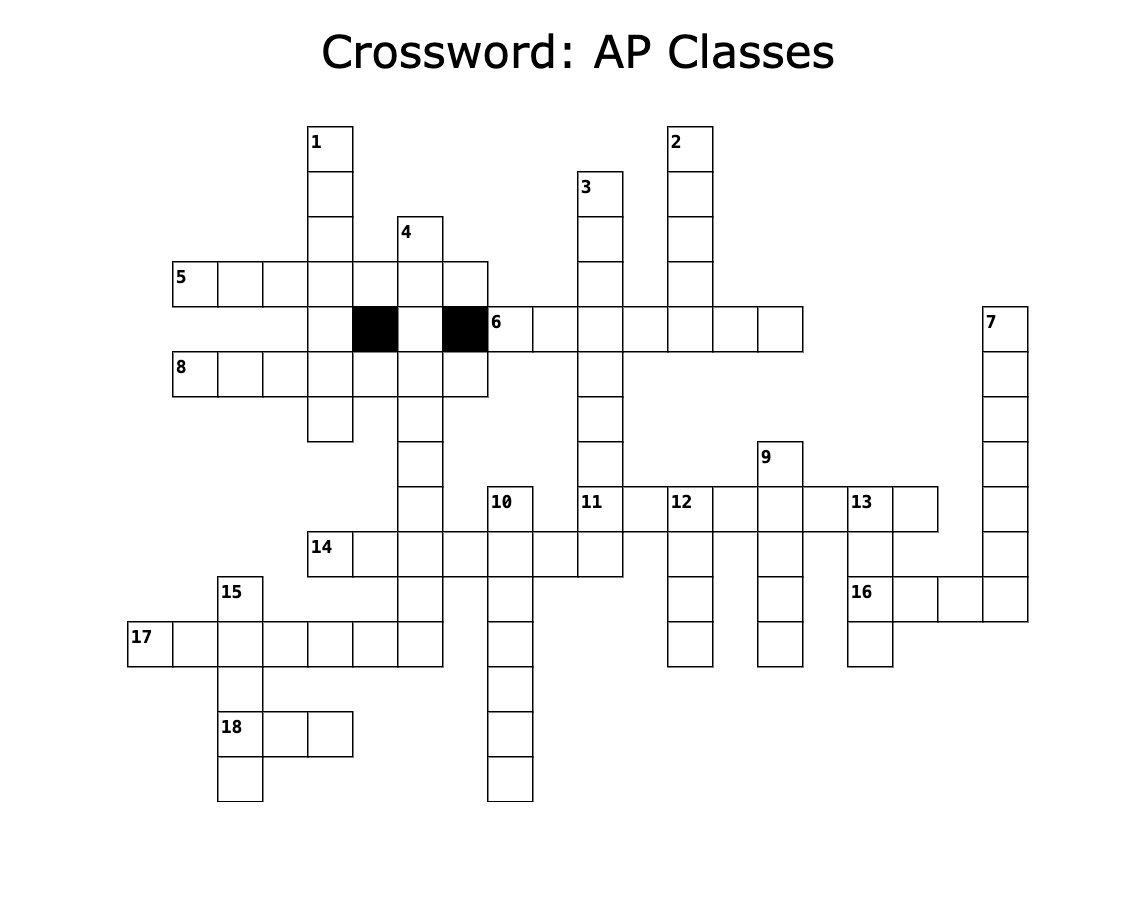
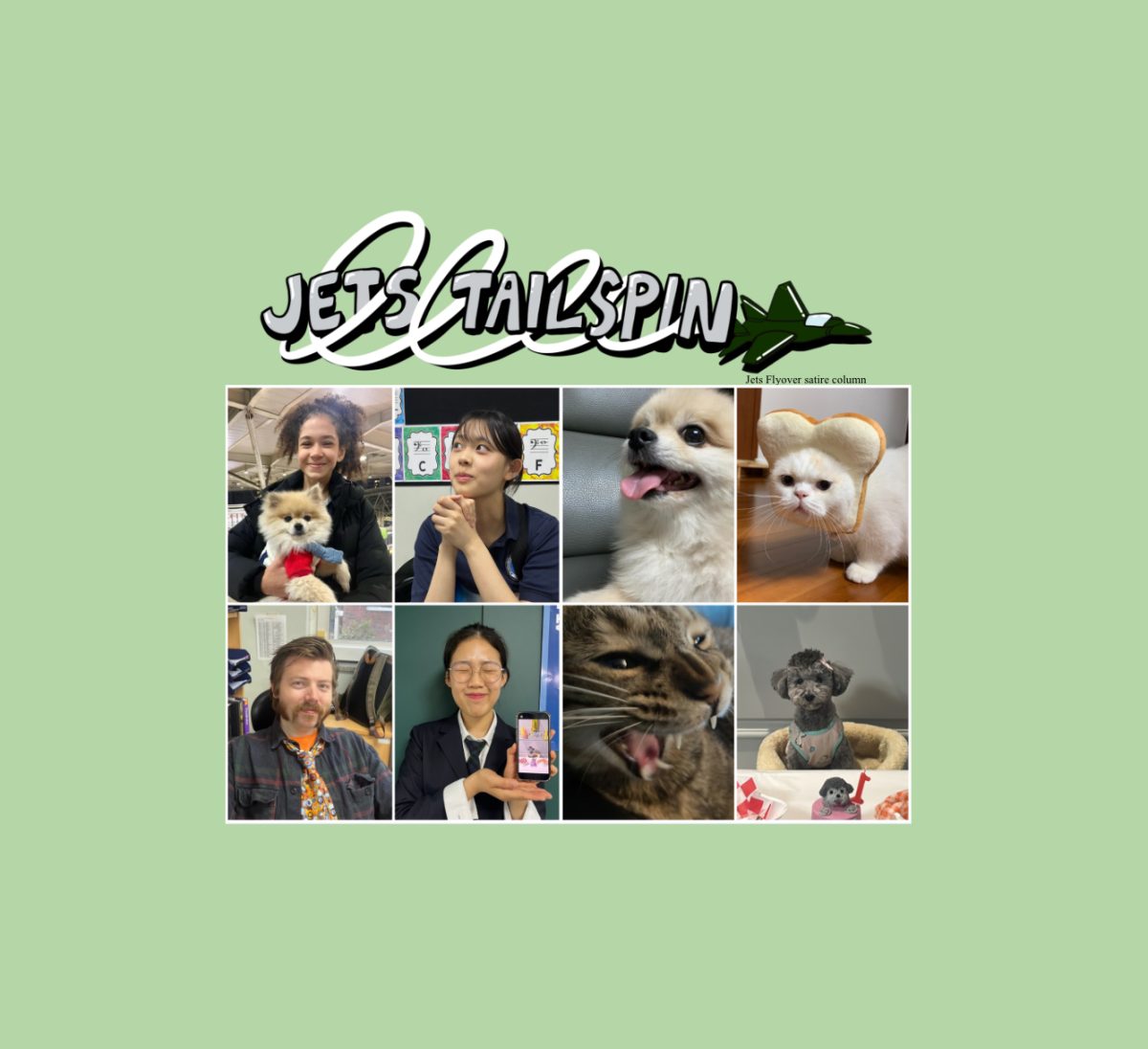

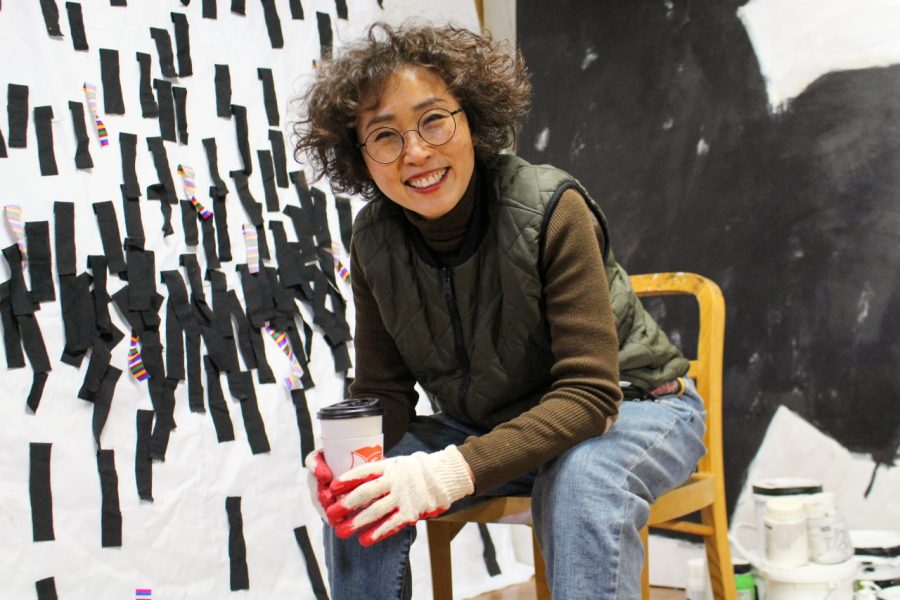

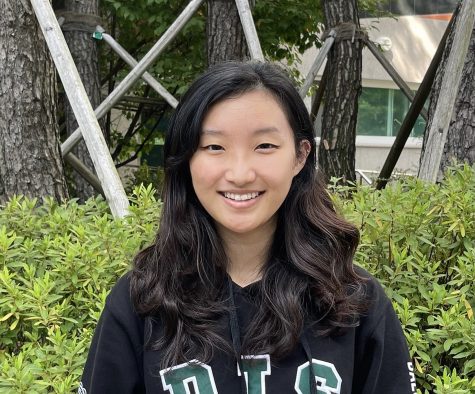
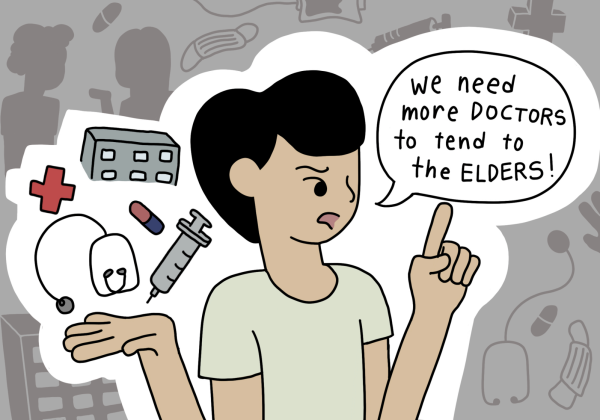
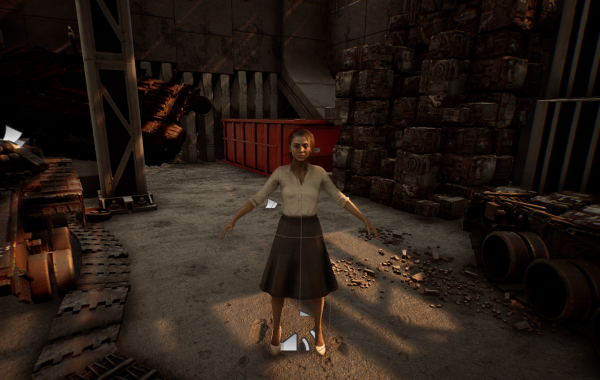
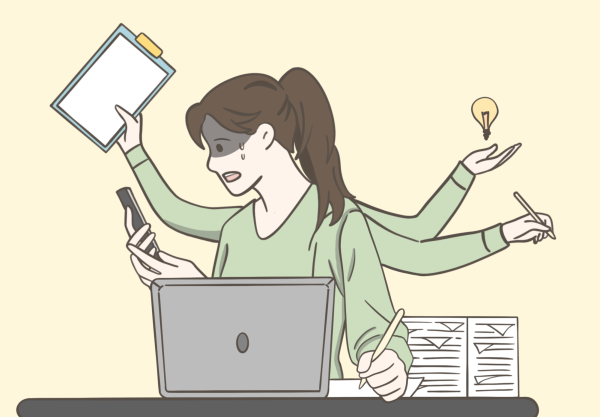
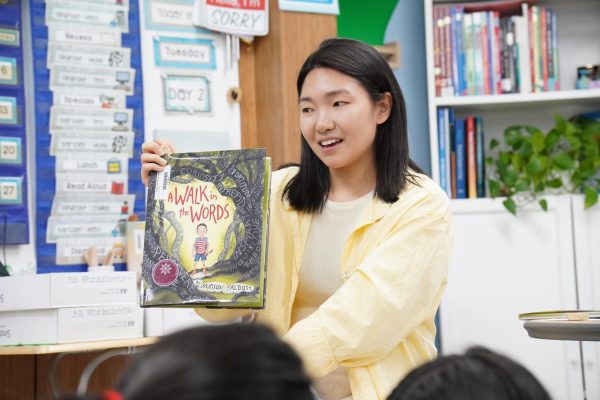
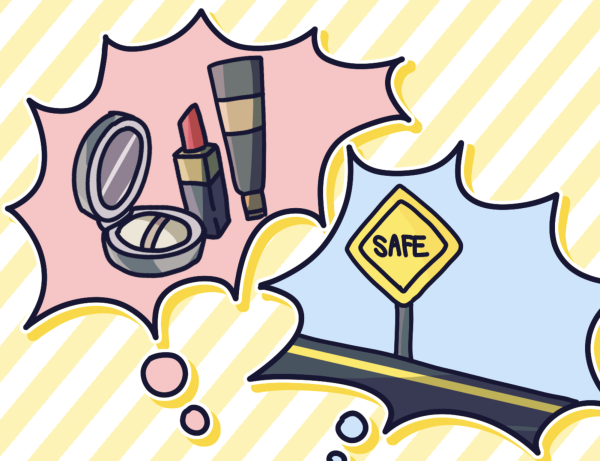
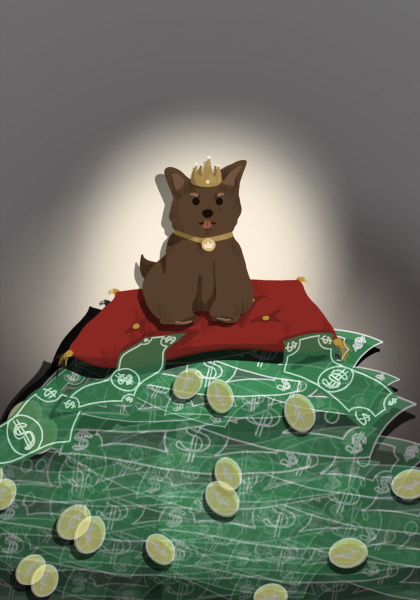
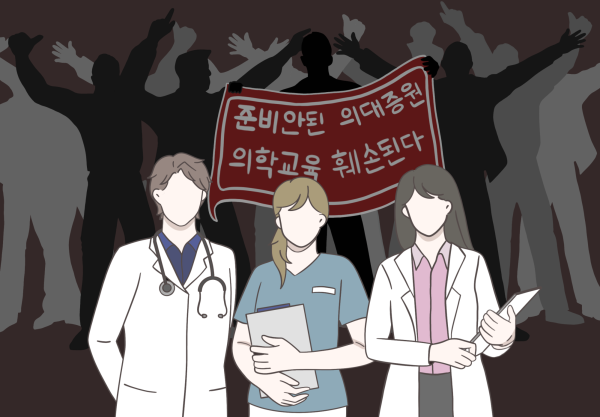
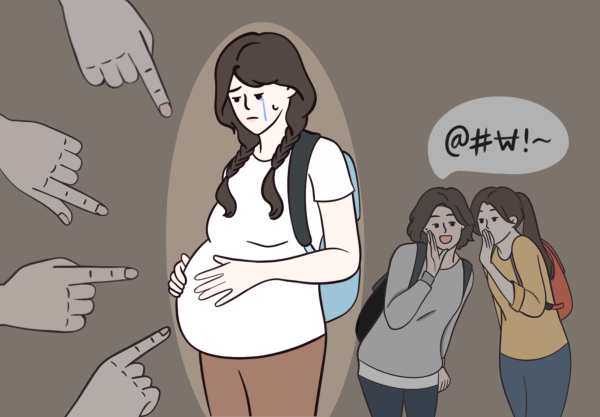
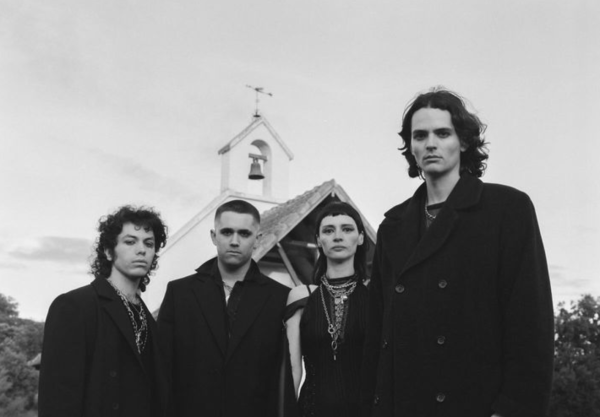
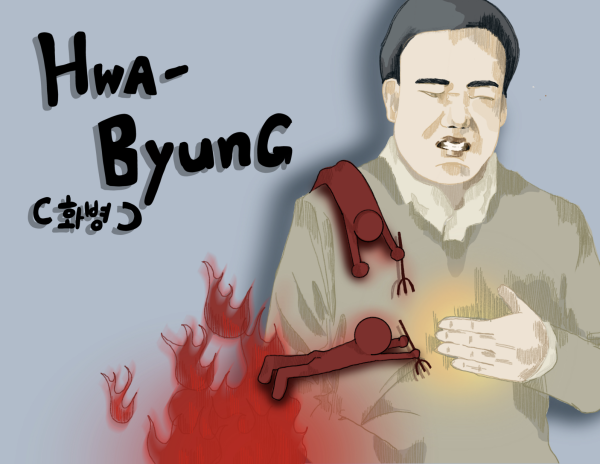




Cath • Sep 1, 2022 at 7:38 pm
Amazing article as always!